On Wednesday, August 29th, I arrived to Uganda. First, I spent a couple of days in Entebbe at the ViaVia hostel to relax and work for my university in Belgium. I thought there might be something to do or to see in Entebbe, but, honestly, there wasn’t. You could do a couple of excursions, like going to animal shelters or do a boat trip on the Victoria Lake, but it was all super expensive and I really didn’t want to spend my money on things that didn’t sound very interesting. So, I spent my time in the hostel that was located in a beautiful green area with a nice view. They had a very good restaurant and I enjoyed good food and Wi-Fi after one month in Togo with rather bad food and no Wi-Fi. The owner of the hostel is from Belgium and, funny enough, almost all the guests were Belgians as well. It was mostly families and they were all quite nice. In the evenings, there sometimes was live music and it was very nice, especially with lots of candles on the many occasions when the electricity disappeared (a very common thing in both Uganda and Kenya). I enjoyed my time there very much! 😊
On Sunday, I took a boda to Kampala. Bodas are basically motorbikes that work as taxis. They are quite cheap, but not always safe. I’ve heard many stories of friends who witnessed boda accidents where the passengers were smashed by a car or where the boda just fell over, passengers getting hurt or killed. I also heard about girls who took bodas at night (sometimes even in daylight) and who were taken to a different place than they had wanted to go to and who had been raped by the driver… Fortunately, I never had any problem! The best way is to take a Safeboda which works kind of like UBER but for motorbikes. Anyway, I took a boda to Kampala that took about 1 hour and it was absolutely awful! Never take a boda when you’re wearing your heavy backpack, it’s very uncomfortable… In retrospective, I should have asked them to bind it on the carrier of the bike, that would have been much better.
In Kampala, I stayed at the Fat Cat Hostel where I immediately made some friends: Rosie from the UK, Jana and Míra from Czech Republic, Gilad from Israel, Daan from Holland (the manager of the hostel), Louis and Mathilde from France and Emily from Belgium. I really liked this hostel, not because the beds were comfortable, because of the nice rooftop or because of its proximity to the Acacia Mall, but because it felt like home. There were many people there who came back all the time or who now lived in Kampala somewhere but came by almost every day/night for a beer. I was there 3 times myself and I always knew half of the people there, so it felt very comfortable and homey. 😊 In Kampala, I didn’t do much; it’s quite a nice city, but the center is too crowded and too noisy for my taste. There are not many museums or attractions, so I spent most of my time in the hostel, working for my university, drinking with the others or in the Acacia mall eating falafel, pizza or ice cream. 😊
In the hostel, everybody was talking about this huge festival coming up the next weekend, Nyege Nyege. It was very cheap and everybody was going, so I decided to go as well – I had time and nothing much to do before my volunteering that would start on Sunday – and I convinced Míra to join me. In turn, I promised him to do bungee jumping with him in Jinja (the location of the festival) and so Míra, Gilad and I left on Wednesday for Jinja. Gilad stayed in some guesthouse while Mira and I went to Nile River Camp where we had a whole dorm to ourselves. 😊 It was a very nice place with a beautiful view over the Nile and with a good restaurant. It was not in Jinja itself, but a bit outside in a small village. Míra and I went to discover the village and we found a very nice man who showed us around and told us a lot about the village. He was really friendly and it was a pleasure walking around with him. We also met James, a teacher. He started his own project in which he helps young girls and young mothers, teaching them very important life skills, like how to make their own sanitary pads – usually they would have to try and get somehow money to buy them and mostly they would get a boyfriend who would give them the money in exchange for sex; this causes that early pregnancies are a huge problem in villages in Uganda. He also teaches them about malaria, how to recognize it and what to do against it. He teaches them dance, music, painting, pottery, reading and much more. It’s an amazing project and I would have loved to support it by donating some money. Since I don’t have enough money myself, I started a fundraiser, but because of bad Wi-Fi in Uganda, I only managed to publish the fundraiser 1 week before leaving and I couldn’t manage to get any funds… I hope one day when I have a job and a lot of money I can go back and give his project a big push. 😊
Mira and I also discovered a local bar close to our hostel where we had dinner – very cheap but quite good! – and a couple of beers with the local guys and with a couple from Israel we had met in the street. The next day, we met a group of people who had come from Nairobi to Jinja for the festival: 3 people from Sweden, 1 German and 1 Korean. Vida, the guy from Sweden, the German and the Korean are working for the UN in Nairobi and we all got along very well. We saw each other a lot during the festival (where Vida’s girlfriend Ana joined us), danced and had beers together and a few weeks later I would even meet up with Vida and his girlfriend Ana in Nairobi.
That night, Míra and I took a “sunset boat tour” on the Nile and it was very nice. Initially, Mira had wanted me to do Bungee Jumping with him but we had learned that there was no bungee jumping anymore because it wasn’t safe. During this boat tour we saw the bungee place and it really didn’t inspire any trust in me, so I was happy we hadn’t been able to do it!
On Friday, we went to the Nyege Nyege Festival. We had to go there by boat and, of course, the military there tried to rip us off and make us give them a bribe, but Míra is incredible in bargaining and not paying bribes, so we got in without paying the bribe. Just to confirm this: one night during the festival, Míra got arrested for no reason, just because the police officers wanted a bribe. Instead of offering them money he told them: “Oh cool! I want to go to jail in Uganda! Please take me to jail!”. When it was clear that he wouldn’t pay them, they got bored with him and just let him go, because they really had nothing to hold against him…
So, the festival. First, I need to mention that it had almost been cancelled. It was the 3rd year it was organized, but it has quite some opponents, not only because of its name’s meaning (“being very very horny”) but also because of what people think happens at the festival (basically a big gang bang). Uganda is actually a very conservative (christian) and strict country. They even have a law against homosexuality that can people sent to prison or even get killed if they openly show homosexuality!
We took a tent at the camping together (only 25€ p.P. for 4 nights!) and then the party started. The music was mostly good, the atmosphere was great and I knew a lot of people there. Most of them I had met at some point in the hostel, some I met in out hostel in Jinja, some at the festival via friends. I spent a lot of time with 2 guys from Australia, Nick and Hugh, with Danielle, Ori and Gilad from Israel, Katie from the UK, Louis from France, Emily from Belgium and Daan from the Netherlands. Half of the people there were white, backpackers who had been in Uganda and had – just like me – heard by chance about this festival.
I had a great time with Míra and the others and I hope I can go back to this festival some day! 🤗
After the Nyege Nyege Festival, I started what should have been a 3 weeks volunteering experience in Gulu. I did the volunteering with UPA (Uganda Pioneers’ Association), a very nice organization which organizes great projects. In matters of intercultural exchange, it was a very good work camp, it was just less useful in matters of community work than I had hoped. We created a vegetable plantation and its revenue will pay future expanses of the organization and so they will have more money for useful community projects. We have thus contributed indirectly to the community. 😊
More about it here: https://biancamertens.com/africa/10-days-of-farming-in-gulu/
The volunteering should have been three weeks, but, in the end, it was only 10 days and so I had 1 week left to travel before going to Kenya. After talking to my friend Míra, I decided to follow his footsteps and go for a couple of days to Rwanda. So, on Sunday, September 23rd, I took a bus from Kampala to Kigali, the capital of Rwanda. This bus ride took forever: 11 hours! Our stupid bus driver stopped all the time to pick up people on the road (something that is actually forbidden) and it took us more than 1 hour to cross the border. The immigration police in Rwanda is very meticulous in opening all the bags and looking for forbidden stuff…
It had been a long day, but when I finally got to my hostel, I enjoyed a good pizza in a restaurant close by and then I enjoyed the amazingly fast and strong Wi-Fi in the hostel. 😊
The next day, I visited Kigali. It’s a very big and modern city. If you didn’t know you’re in Africa, you would barely notice it. There are skyscrapers and very modern buildings everywhere. It’s a very clean city – and country in general: they have forbidden plastic bags, just like Kenya – and people are very friendly. I visited the market, the Inema Art Centre and the Kigali Genocide Memorial. In the genocide memorial, I learned that Belgium had taken over Rwanda as a colony after Germany lost WW1 and that we were actually at the base of the genocide. Belgian anthropologists had categorized the 3 different tribes in Rwanda very strictly: Hutu, Tutsi and Twa. They identified anyone with 10 cows in 1932 as a Tutsi and anyone with fewer than 10 cows as a Hutu and this also applied to their descendants. This distinction hadn’t existed this strictly before; they had lived as one in Rwanda and it was only an economical distinction. Now, they added physical characteristics and basically did what Germany did in their own country here in Rwanda. First, the Belgians favored the Hutu clan in ruling the country, but seeing that this created tensions between the clans, they gave more power to the Tutsi. After resolving the colony and giving them their independence, this conflict didn’t resolve but grew stronger and stronger until it led to the genocide in 1994, the mass murder of 500.000-1000.000 Rwandans – 70% of the Tutsi population – in a period of 10 months.
It was strongly supported by France who gave weapons, army members and military training to the Hutu who committed the genocide. The world looked away while this happened and even the UN didn’t go in to save these poor people.
Today, Rwandans live together peacefully and there is no talk whatsoever about clans or races anymore. They don’t hold any grudge against Belgians – something I can’t understand – but against the French – very understandable. It’s impressive how peaceful, clean and wonderful this country is today with what had happened only a couple of years back. It’s admirable how people there forgave each other considering that during the genocide your best friend or neighbor could rape, mutilate or kill you without hesitation. In my opinion, it’s a model for peace and humanity.
After visiting the memorial, I took a bus to Ruhengery, a town at the foot of the National Park of Volcanoes. Our driver was crazy, he was super fast and passed other cars at just any place. At some point, he then got stopped by the police and we were stuck for like 45 minutes. Apparently, there was a problem with his driving license and they took it away. We were told another bus would be coming for us but none came and so they just let him continue but without license…
My guesthouse in Ruhengery, the Amahoro guesthouse, was great. The staff was very nice and they arranged my hike to the national park for the next day for me. The breakfast in this hostel is amazing, lots of fresh fruit, bread, avocado and an omelet. My driver picked me up at 6:30AM and at 7AM we arrived to the registration office of the park. Since it’s also the starting point for the gorilla trekking, there were lots of people, but we were only 9 people doing the hike up the Bisoke volcano.
Before getting to Uganda, I had been thinking about going to see the gorillas, but it was just far too expensive: 750$ for 1 hour with them in Uganda and 1500$ for 2 hours with them in Rwanda. Seeing gorillas in wildlife would surely be a wonderful experience, but it will have to wait until I earn a lot of money…
The hike to the Bisoke volcano was great, the view was marvelous and the people were nice: 2 couples from South Africa & 4 girls from India. When Míra had done it, he had even seen a gorilla, but I wasn’t that lucky; I didn’t see any. It really was a nice hike and I had enjoyed it, even if the price is, in my opinion, way too high (75$ entrance fee, 60$ car fee, + tips).
After my hike I went back to Kigali and, the next day, I took a very early bus back to Uganda. I wanted to go to the Queen Elizabeth National Park and it was a bit complicated to get there. I thought I could go there from Kabala and so I stopped there, but then people there told me I first had to go to Mbarara. If I had known that, I could have saved a lot of time and just have continued in my first – fast – bus instead of changing into a way slower and less comfortable bus… But well, that’s how it is. From Mbarara I took a Matatu (it’s like a small bus where many people squeeze in to get somewhere very cheap) to get to my guesthouse. It had been a very long and exhausting day and I was quite annoyed that, just as I arrived, I was attacked by a tour guide who wanted to sell me a safari for the next day. I really don’t like when they do this; I prefer to first get to my guesthouse and talk to them about possible tours and prices afterwards. It turned out that he actually is the official tour guide from the guesthouse and that if I wanted to do anything, it would be with him.
After some discussions, I agreed to do a chimpanzee trekking the next day with him bringing me to the next big town afterwards from where I could then take a bus to Mbarara and from there to Kampala.
This guesthouse – Tembo Safari lodge – was way too expensive for what it was and I wasn’t quite satisfied, so I was happy I only had to stay there for 1 night. Dinner there was quite good, but again, too expensive.
The next morning, Moses, the tour guide, picked me up at 6:30 and we drove a bit more than 1 hour to the chimpanzee trekking place. My guide was already waiting and we entered the park. It all seemed a bit sketchy because we didn’t enter at the official entrance and because I was the only tourist. Later I would see more and more tourists and it became clear that this is how they operate.
The chimpanzee trekking was really nice. I saw about 6 or 7 chimpanzees, including a little one of about 3 years, and I saw them from very close. A few of them even ran like only 2m next to us to a tree and it was as if I could touch them.
In this national park, there are about 400 chimpanzees, but only 1 or 2 groups of them are used to humans and can be observed; the others live deep in the woods and nobody can get close to them. In the group that I saw, there are about 40 chimpanzees and during the night they always stay all together. During the day, however, they split up into smaller groups to find food. There are trekkers who follow them the whole day, so that they know exactly where they are and so that the chimpanzees know they have nothing to fear from humans. The rangers/trekkers/guides even gave names to all of them and know them even from far away. It was a very nice experience, even though it was a bit expensive for my taste (50$ trekking, 40$ entrance fee, 65$ driver).
After the trekking, I went back to Kampala where I arrived around 5PM. The next days, I spent mostly in the hostel, working for university and relaxing. On Saturday, I went with Gilad and Omri (another Israeli) to Ori’s house where we were supposed to have lunch together. How else could it be, Ori lives in African time and I couldn’t stay for lunch because I had a meeting with JCI Uganda and they wanted to respect European time…
This meeting was very nice, the members are friendly and welcoming and told me a lot about young JCI Uganda, its members, projects and challenges. Afterwards Yunia and Derrick took me to a rugby game where I was about the only white person. It was a fun evening: we had lots of beers, some chicken, good music, danced and had a lot of fun.
And that’s it about my time in Uganda. I enjoyed it very much, it’s a beautiful country with nice people, good food and lots of wildlife. I highly recommend you go there yourselves ! 😊


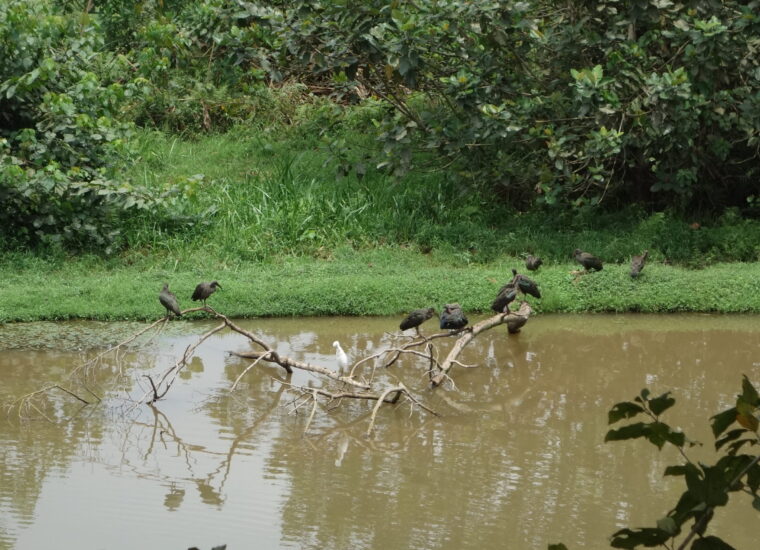

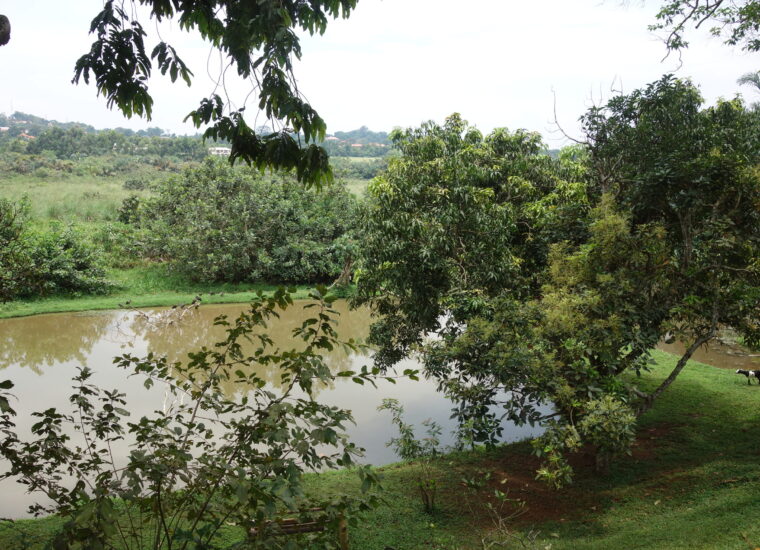
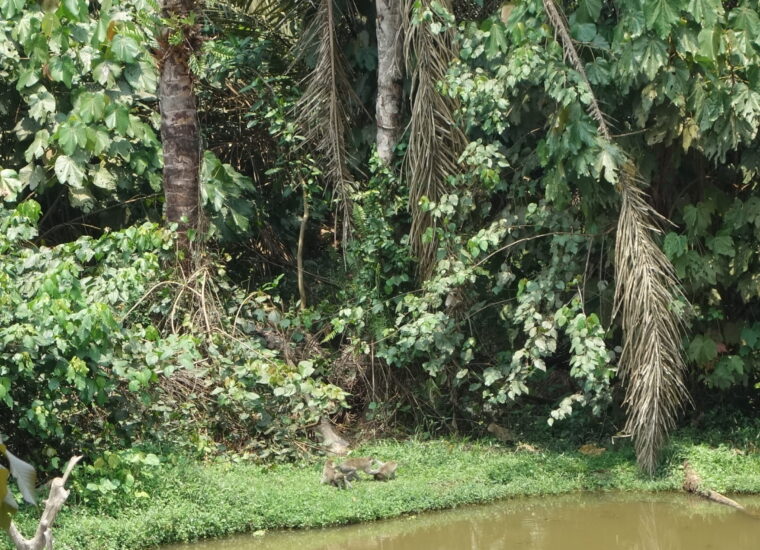
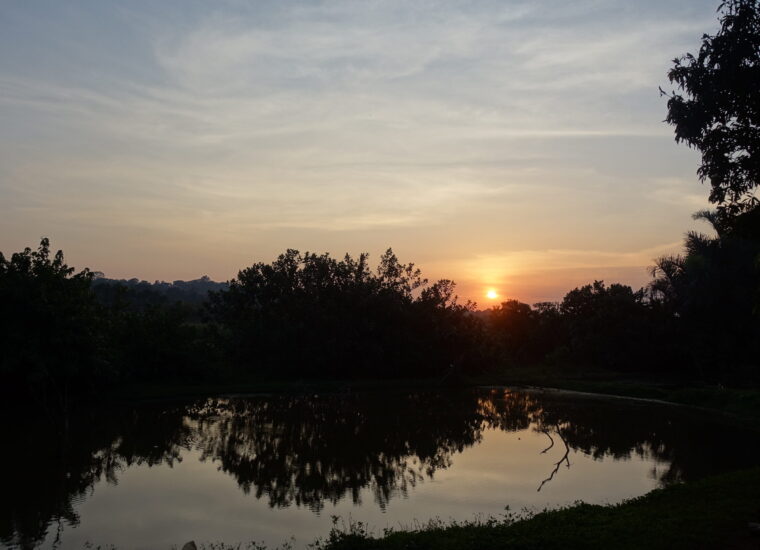
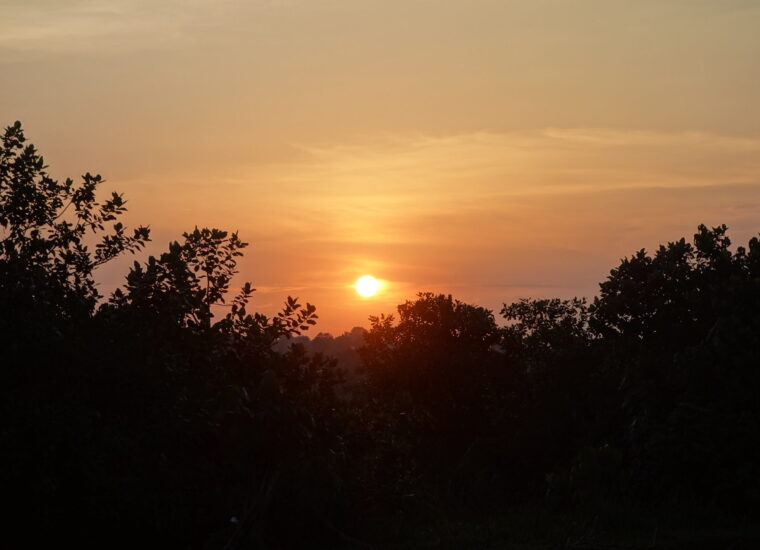



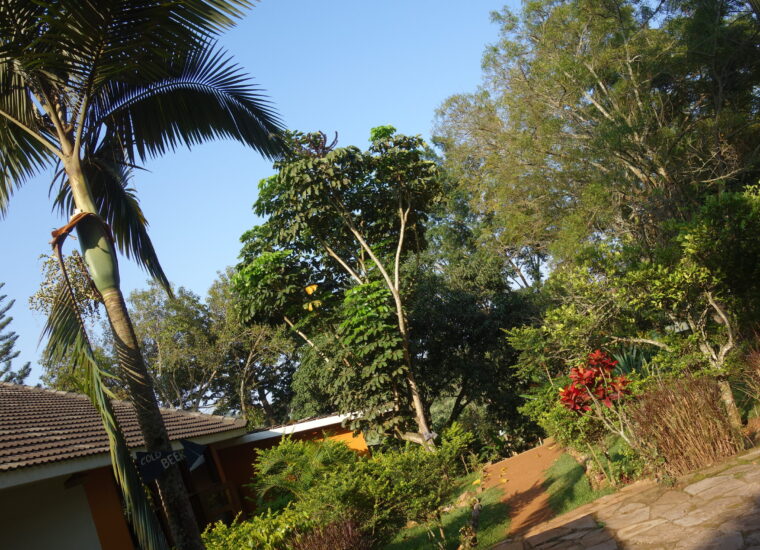

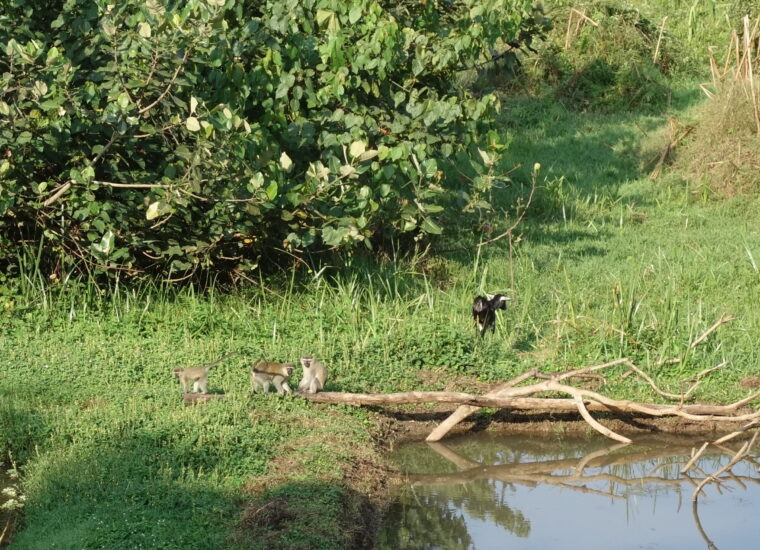
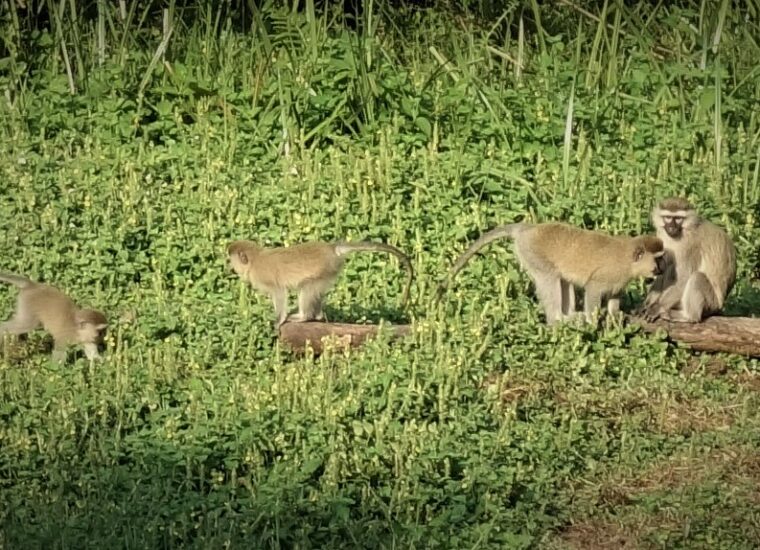
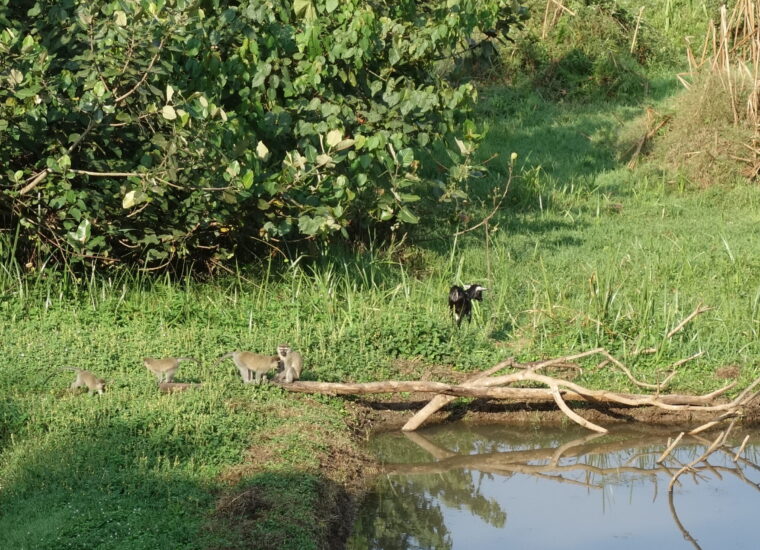


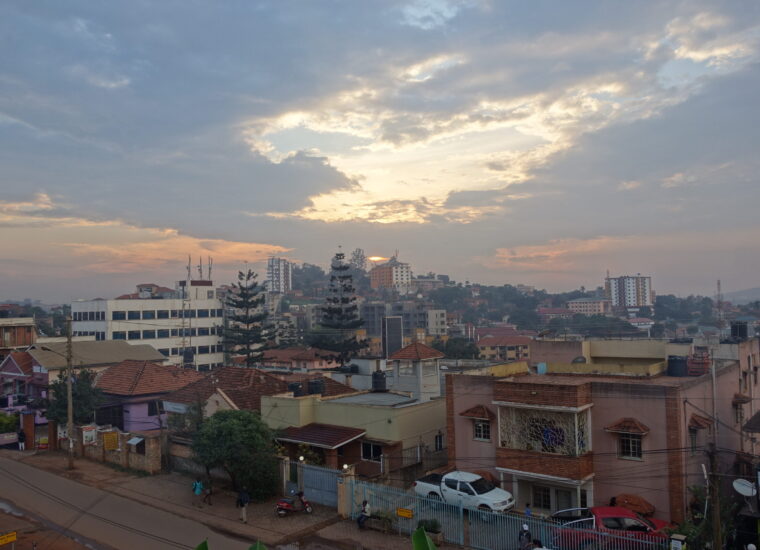
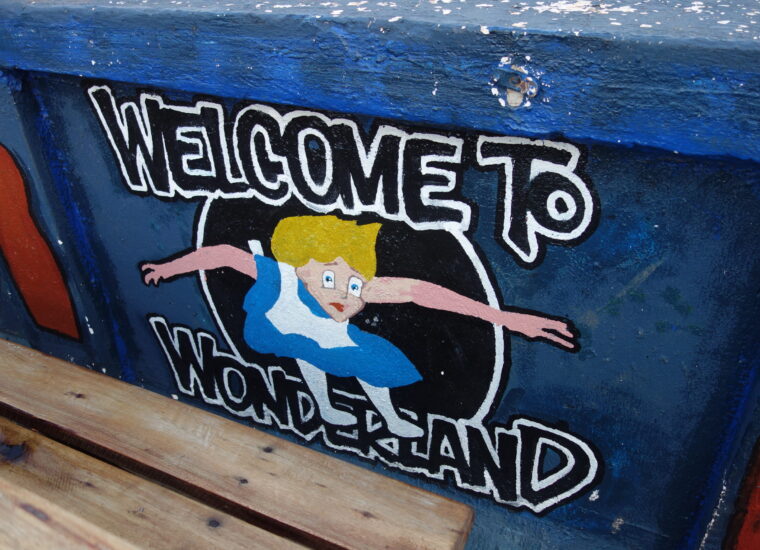

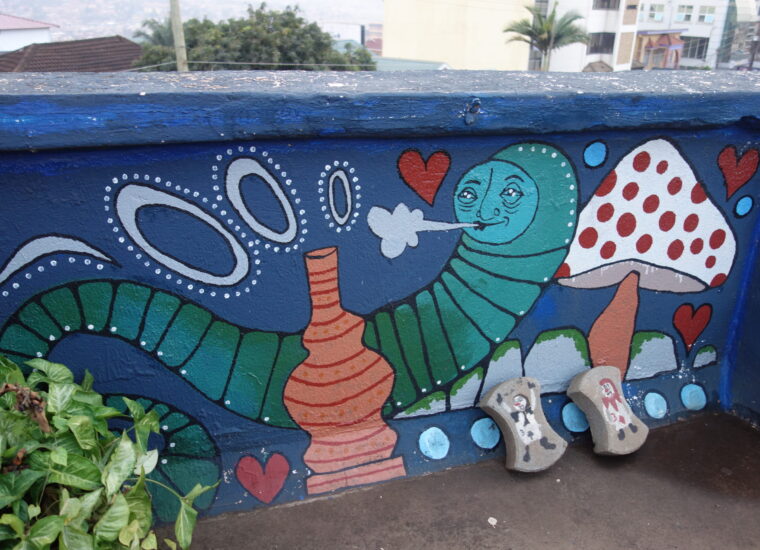
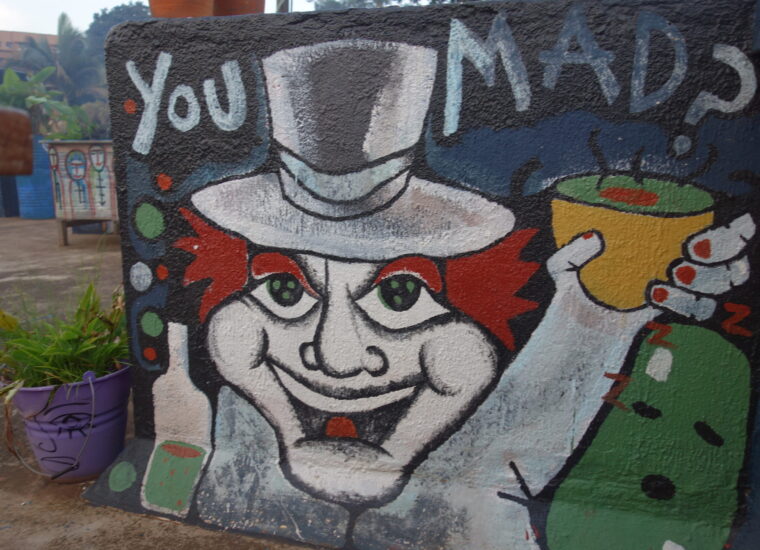
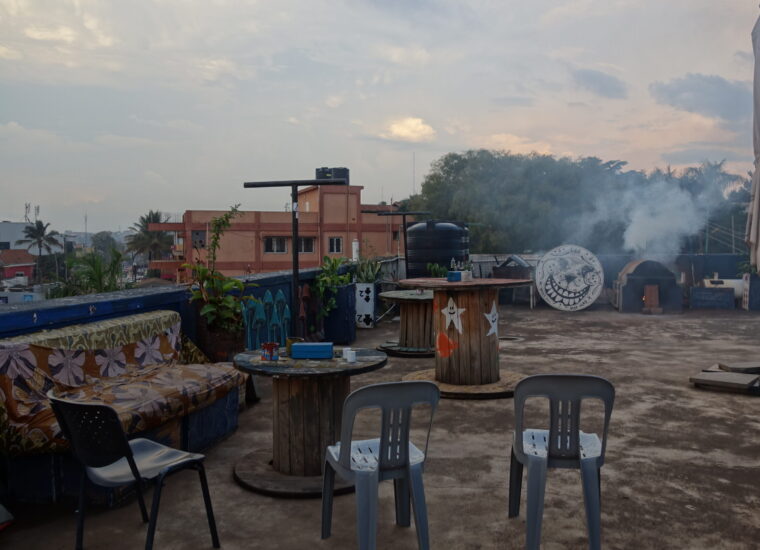
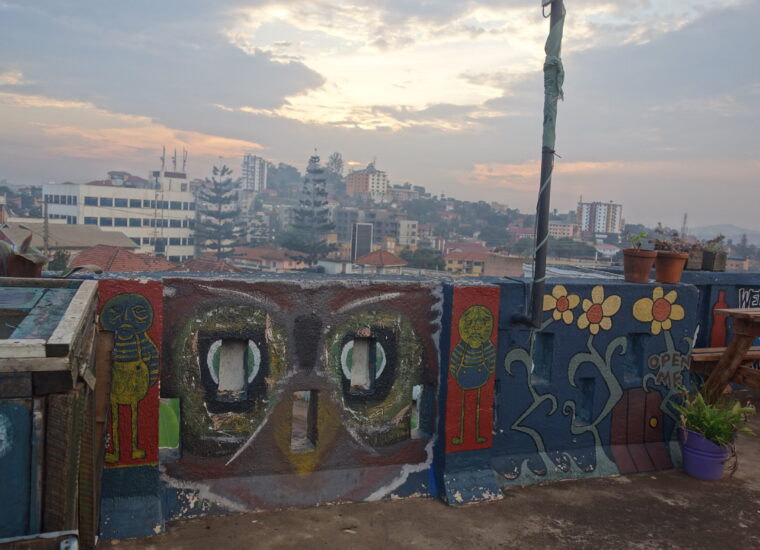
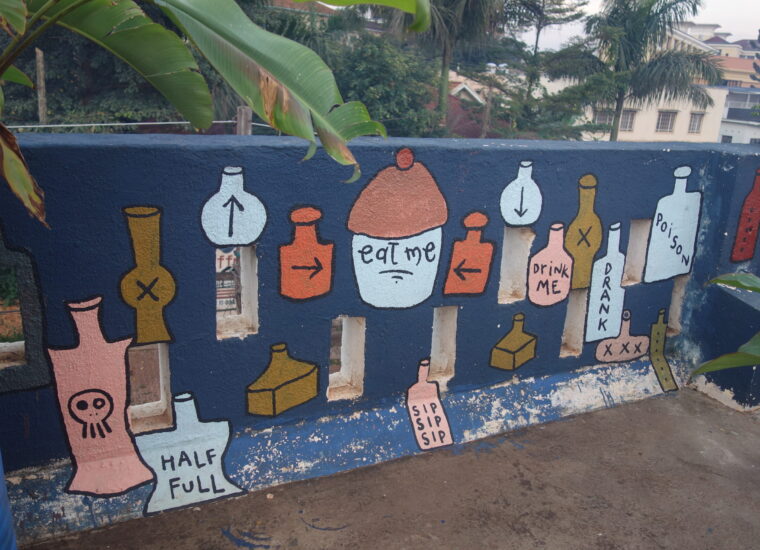
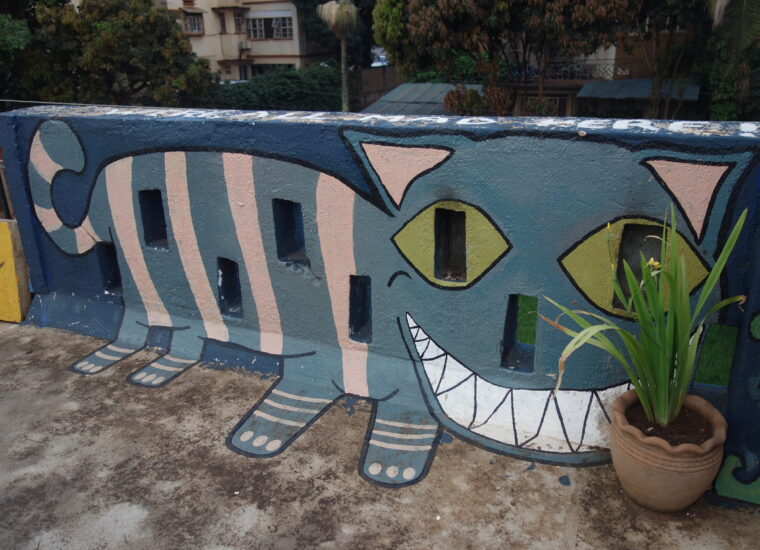

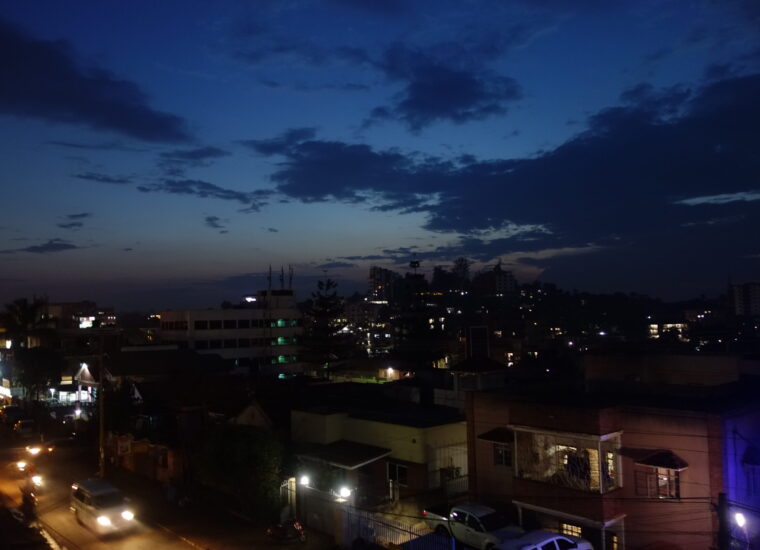


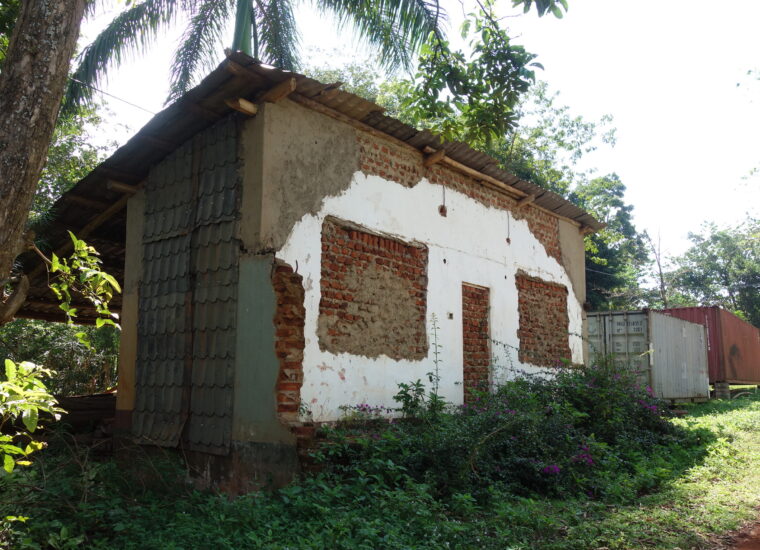



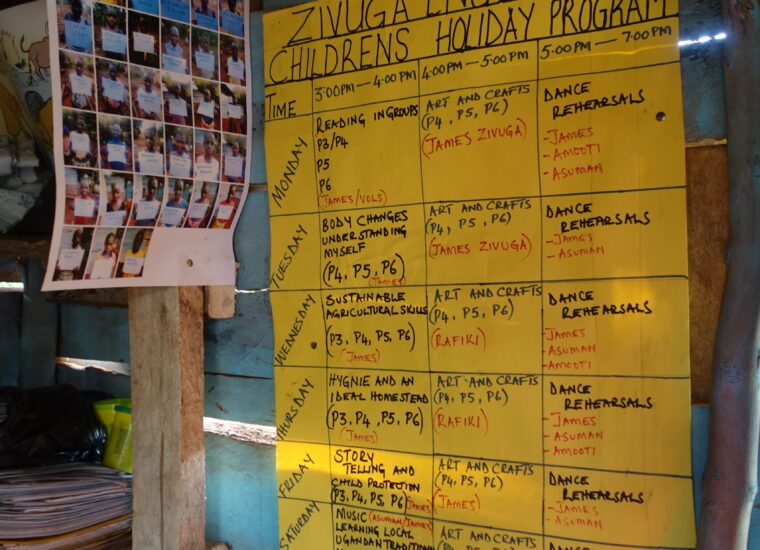




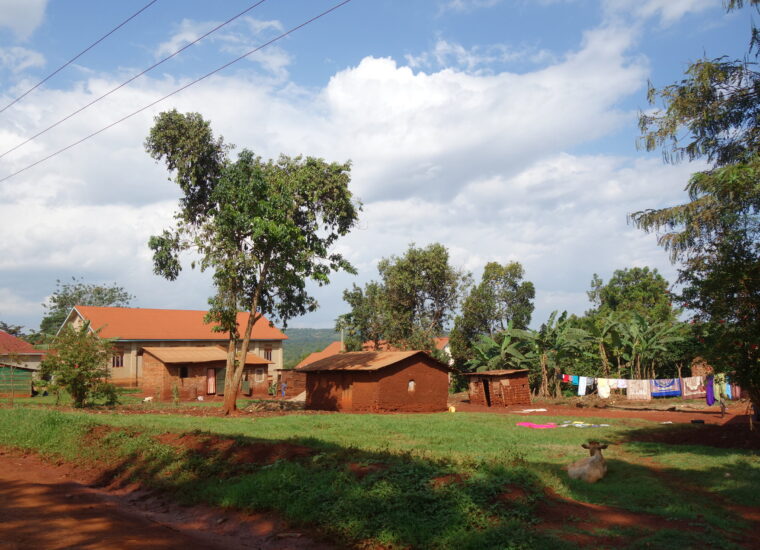

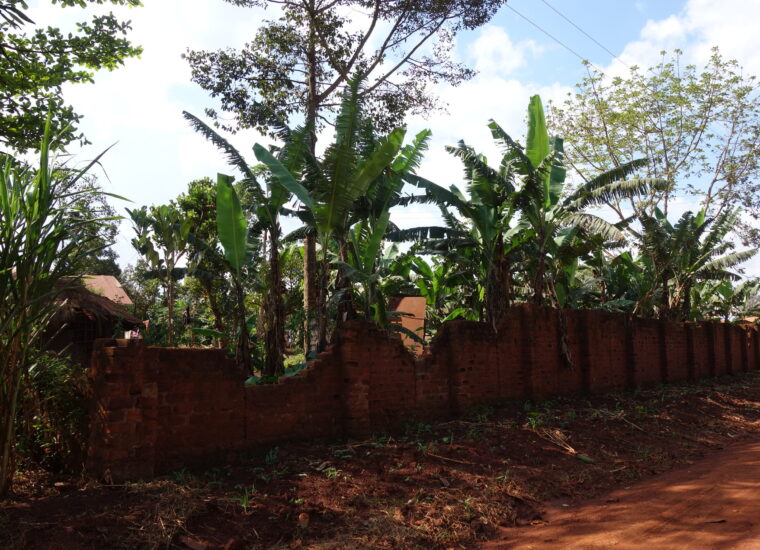

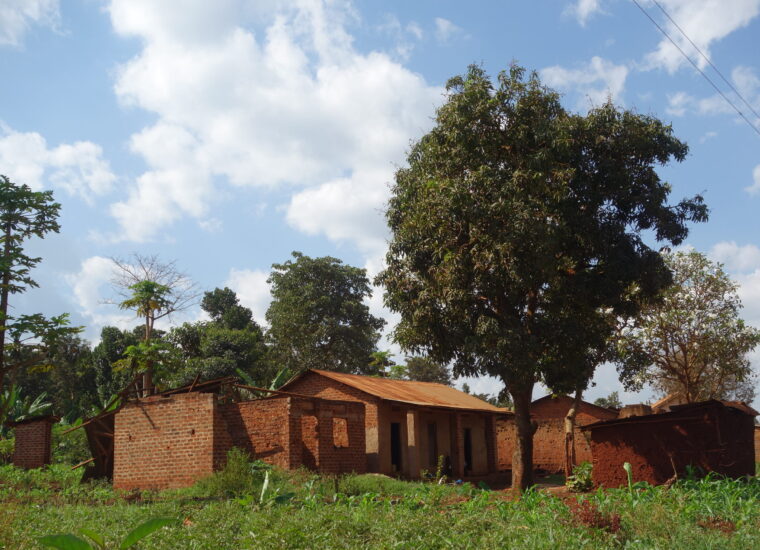





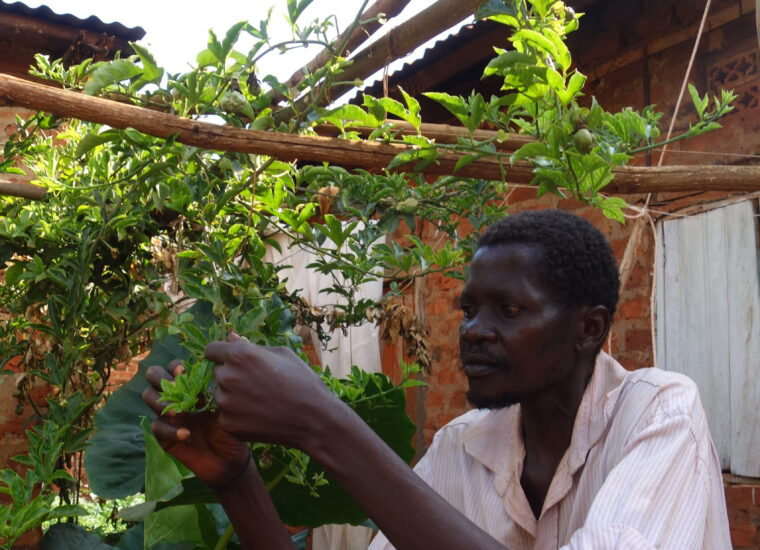
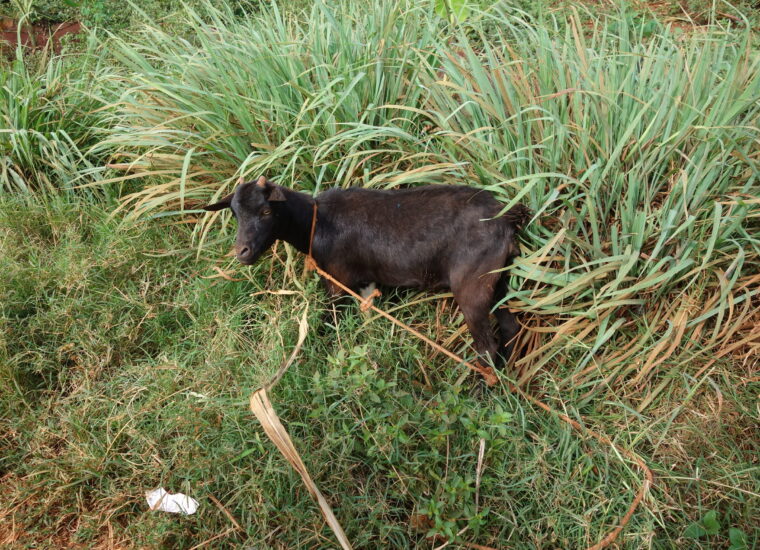
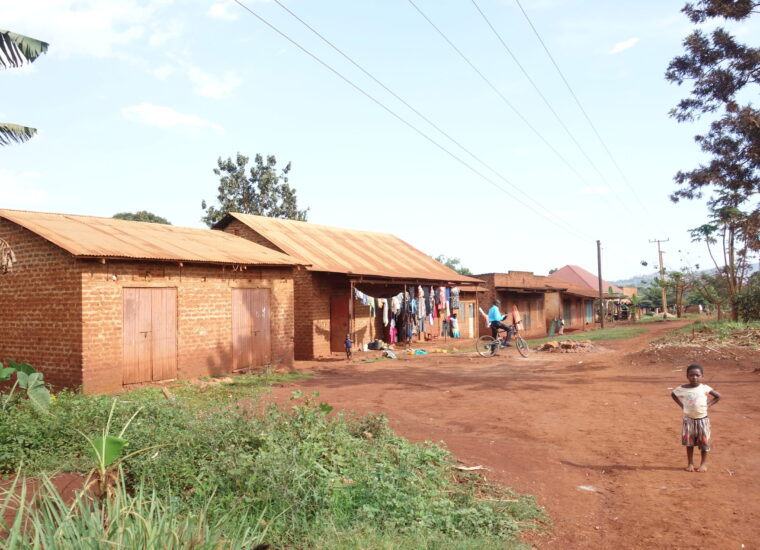
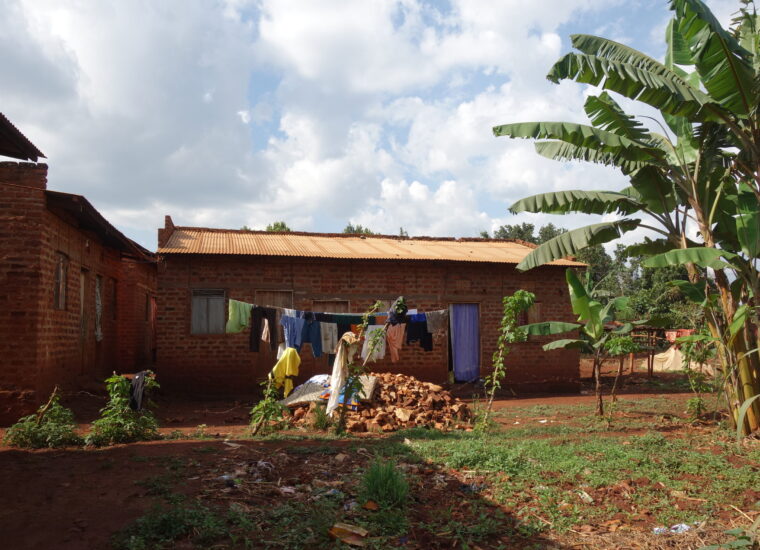
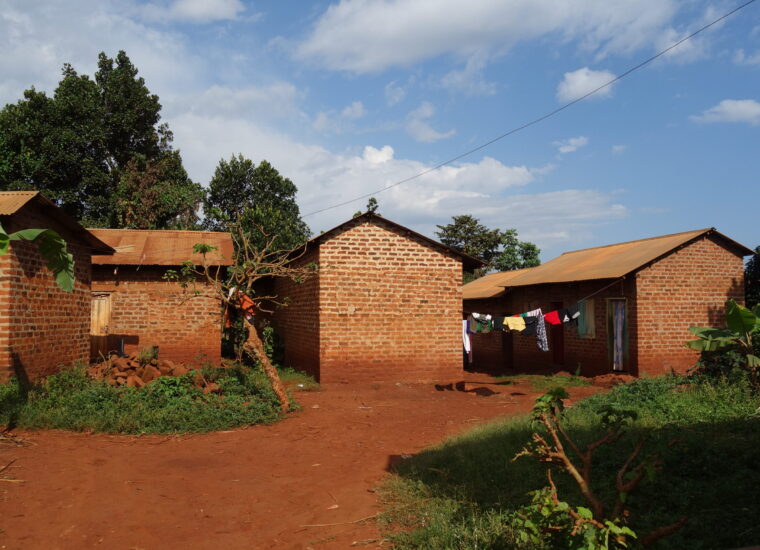






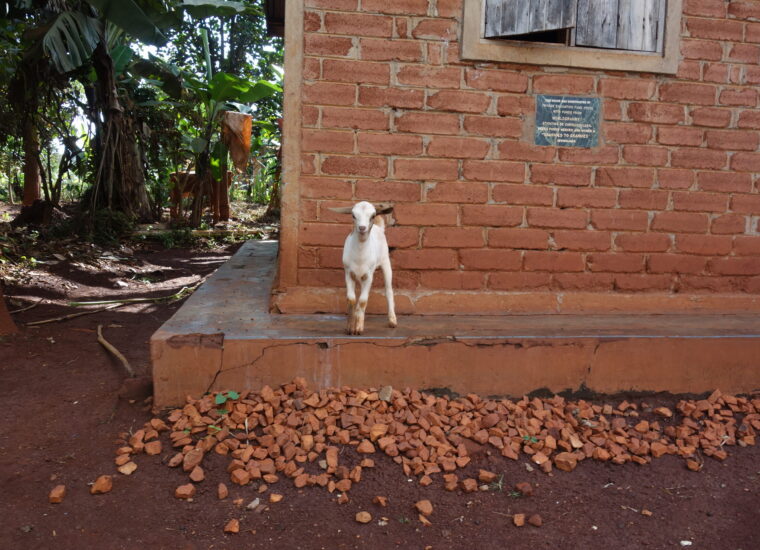
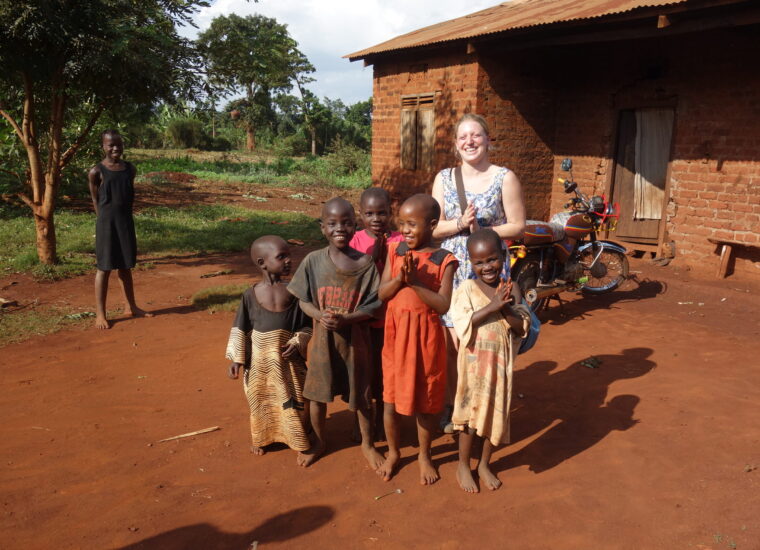
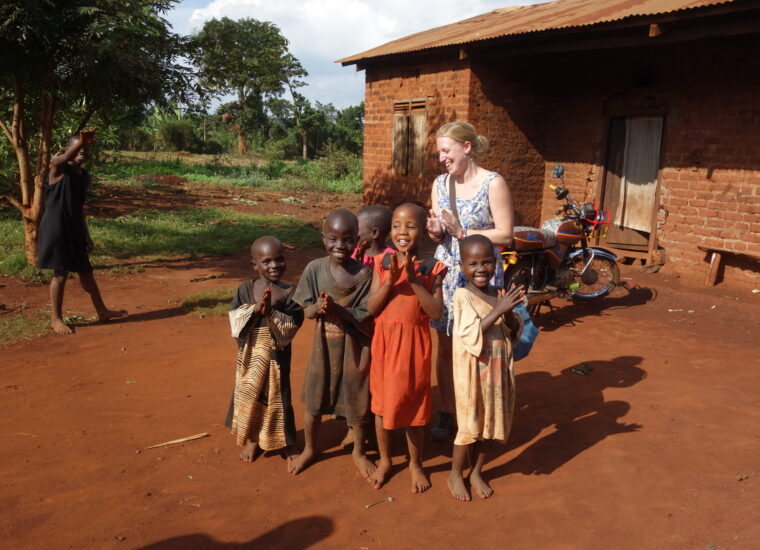



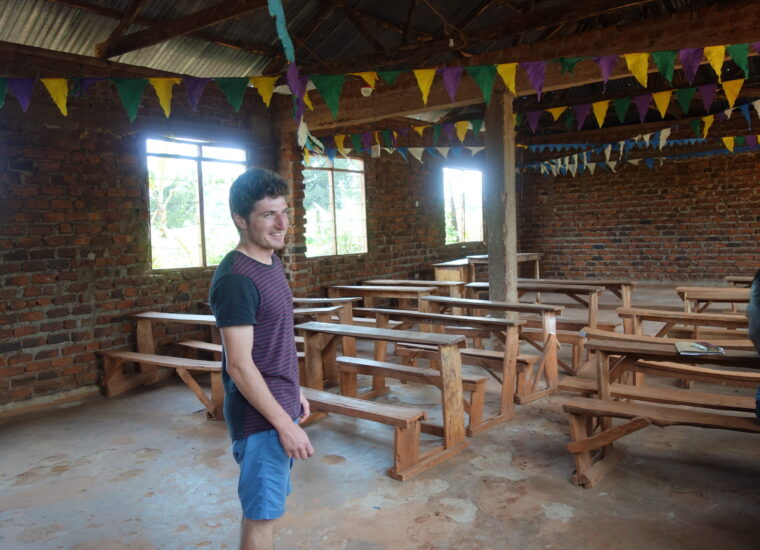

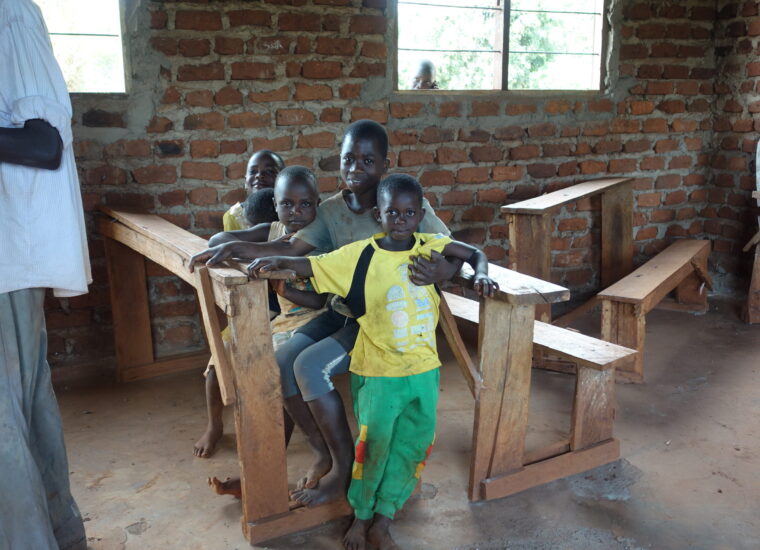

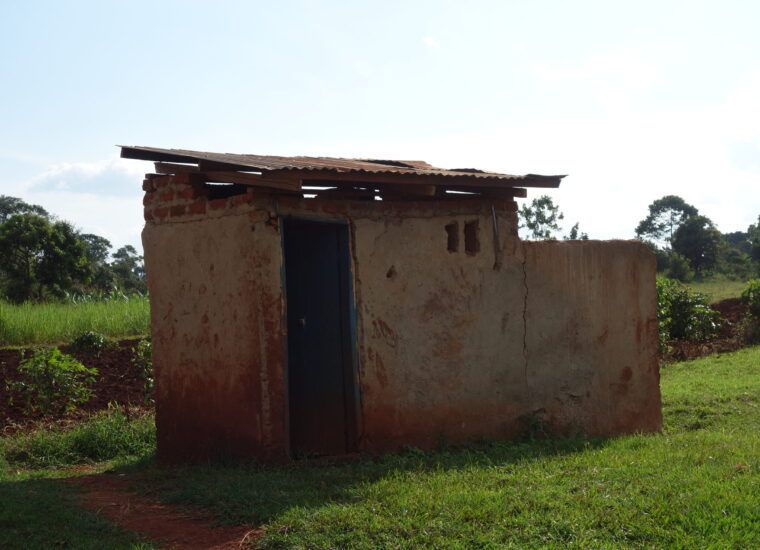

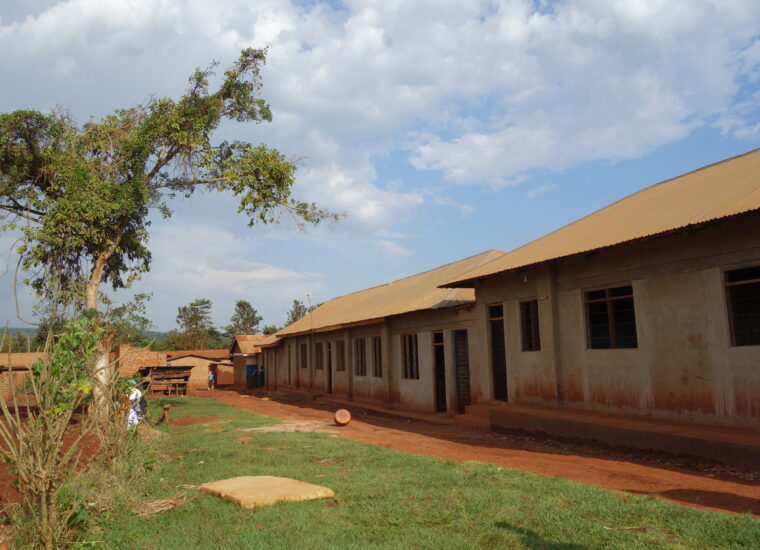
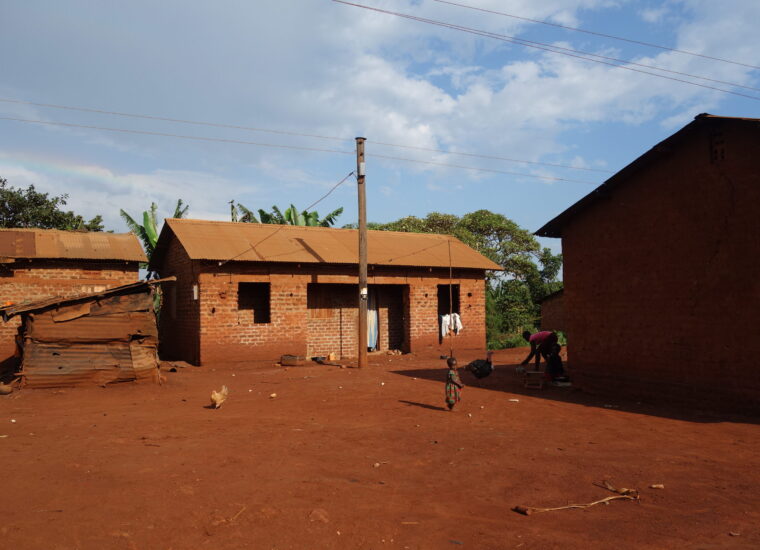
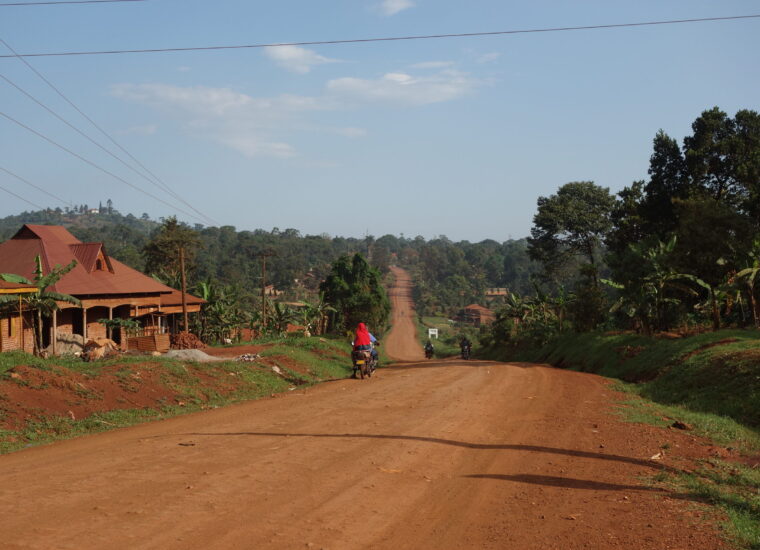
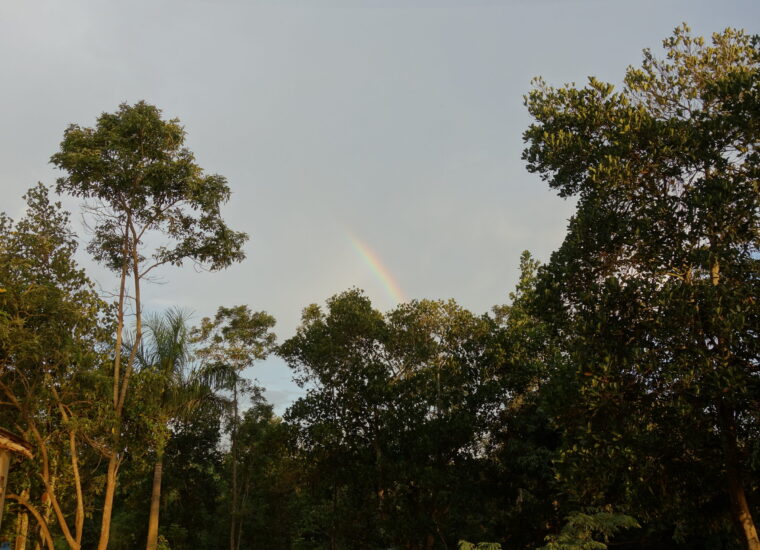



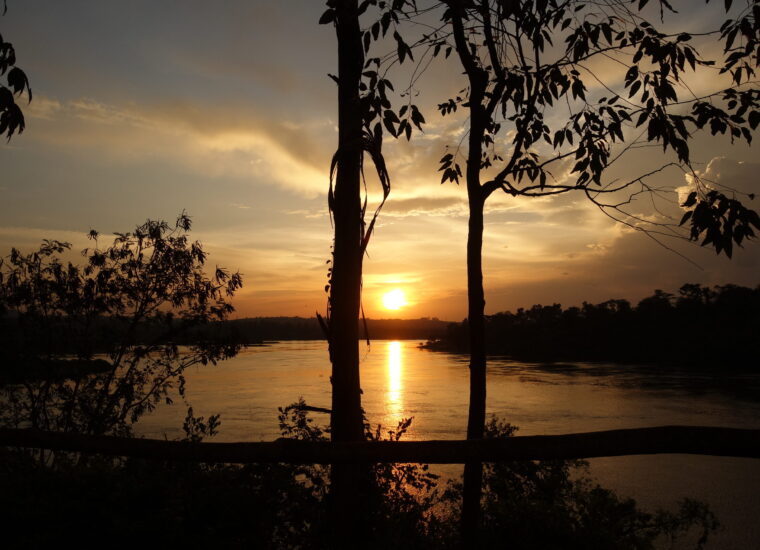
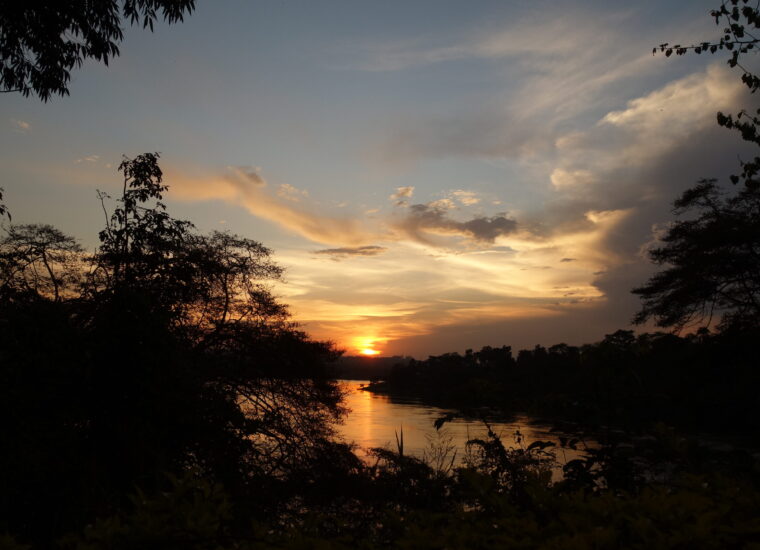
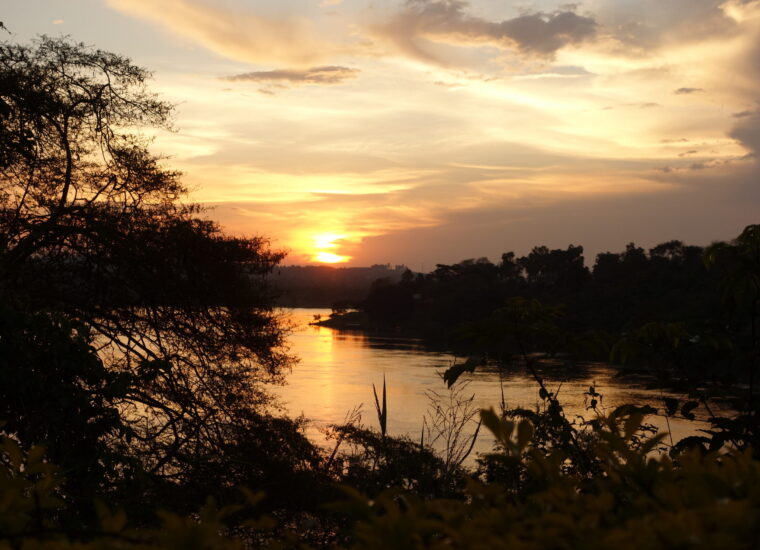
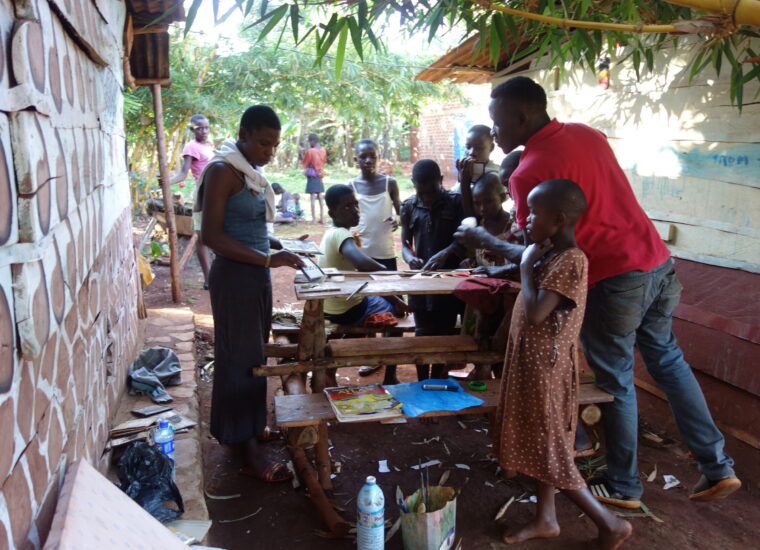

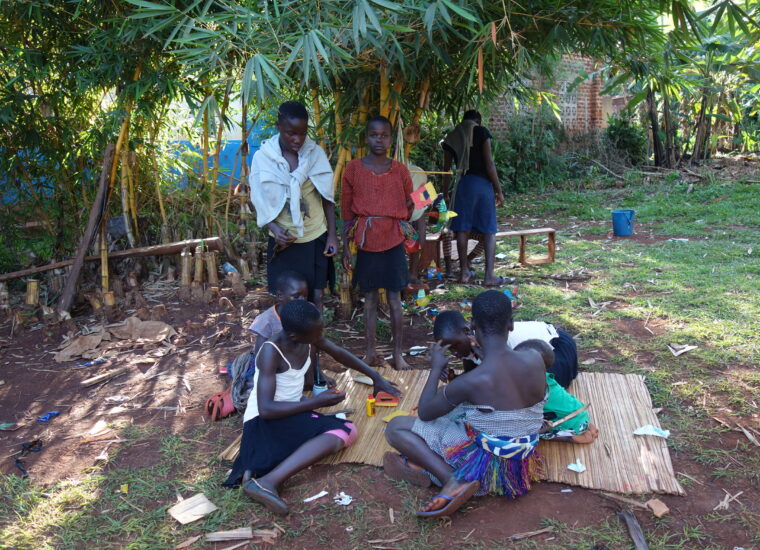

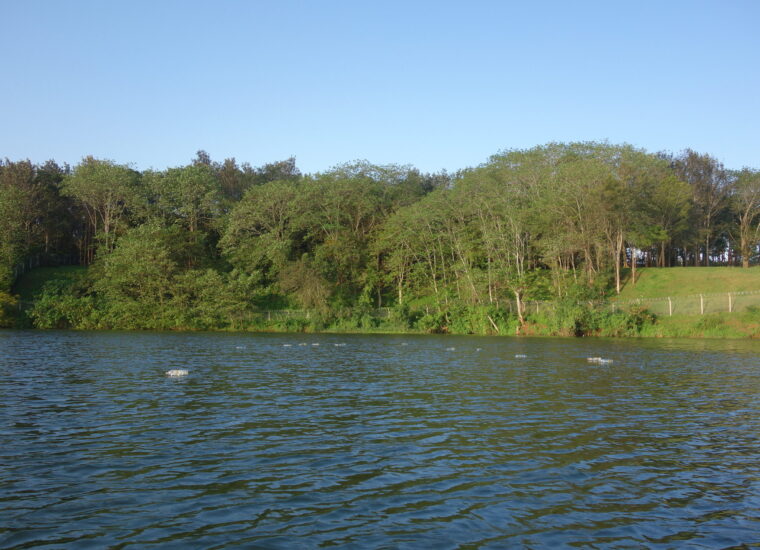
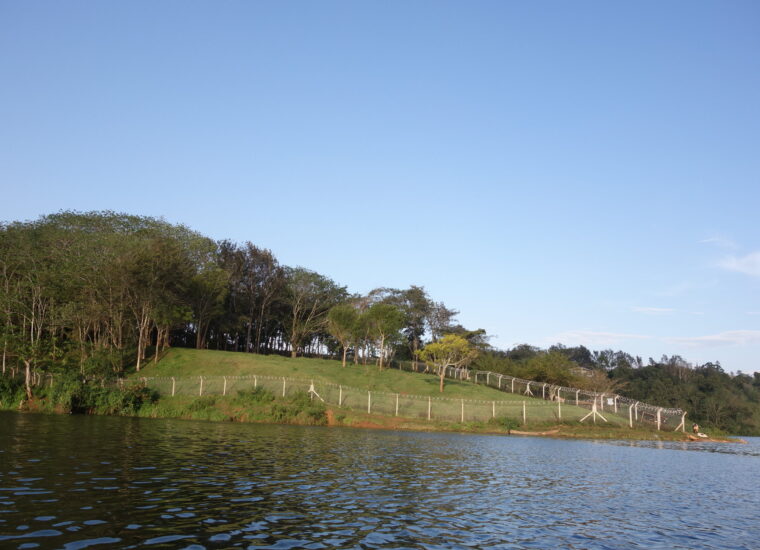


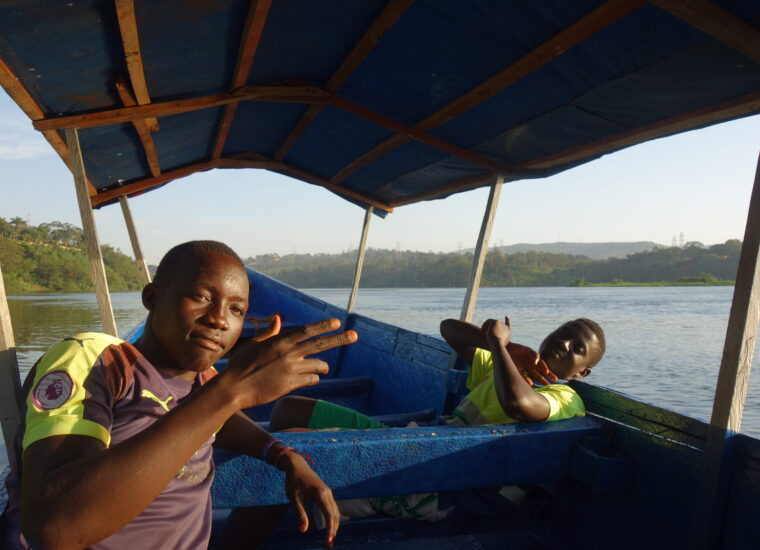


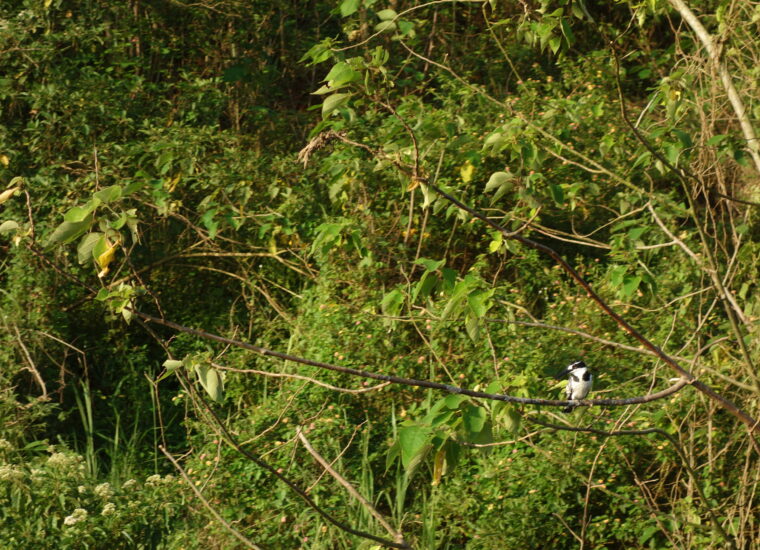
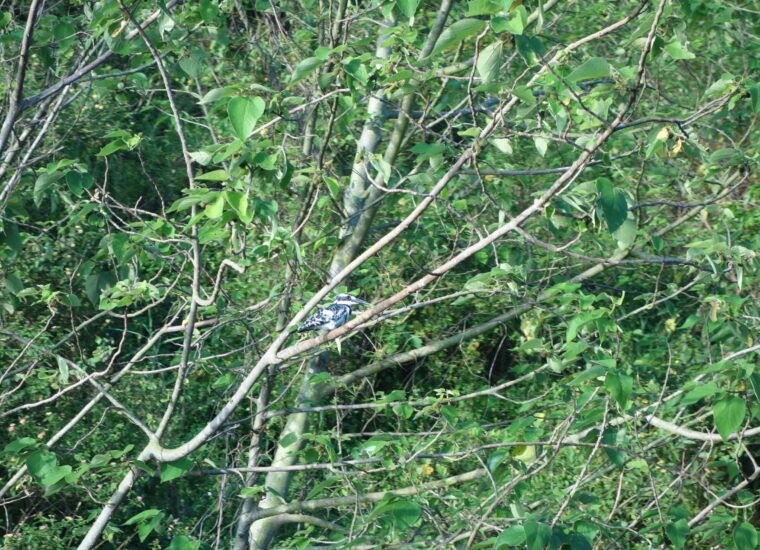
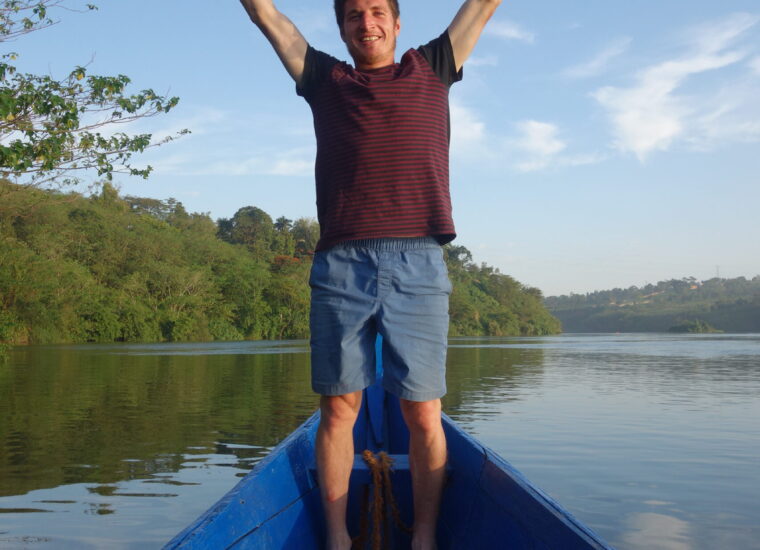

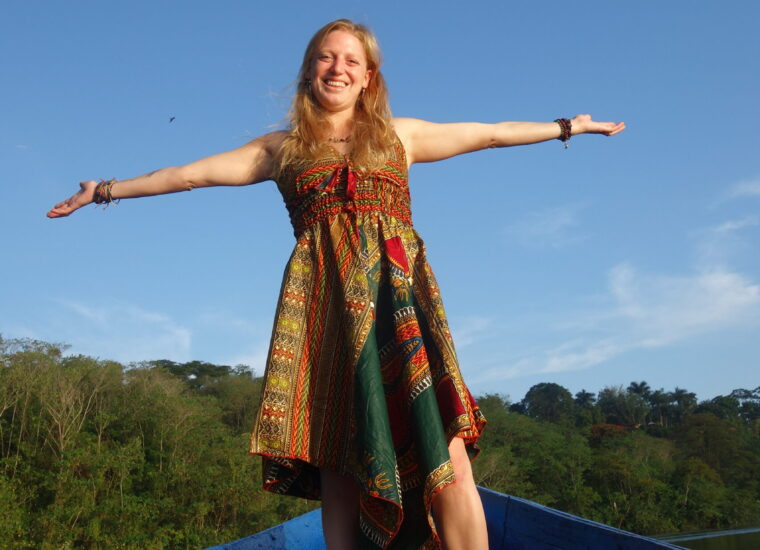
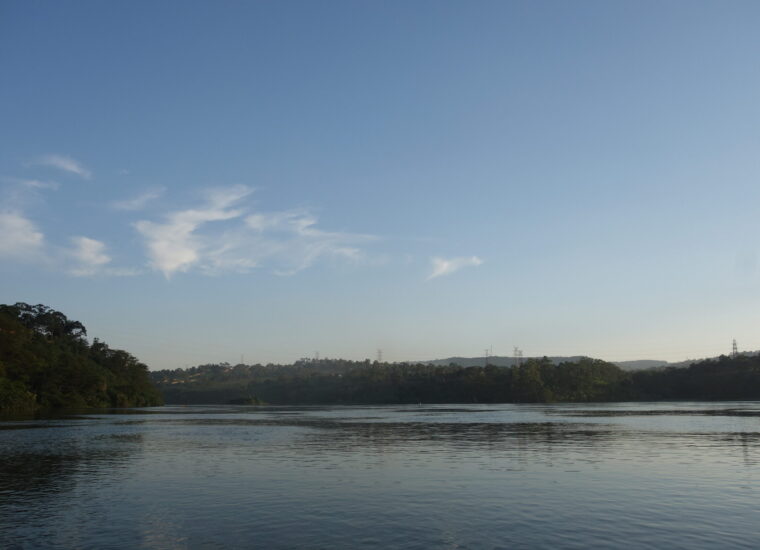
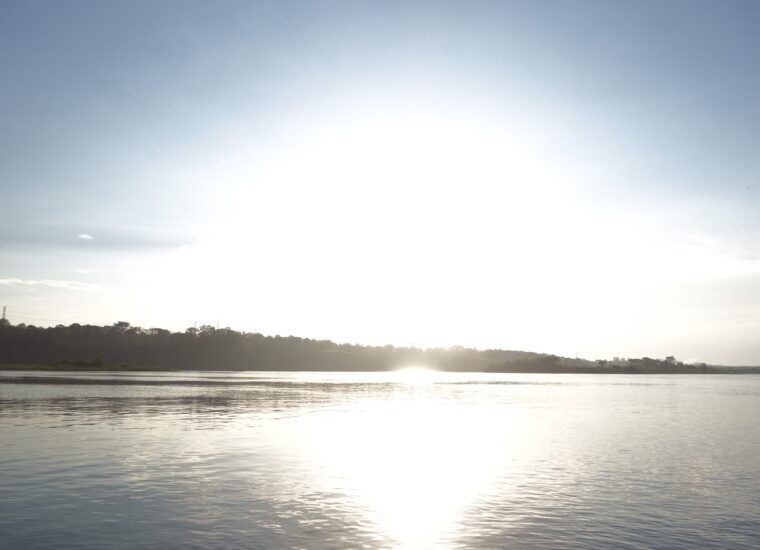

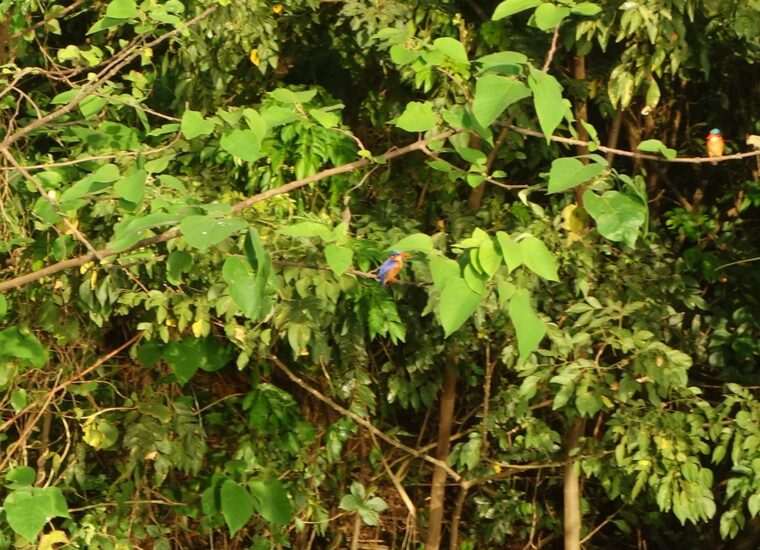

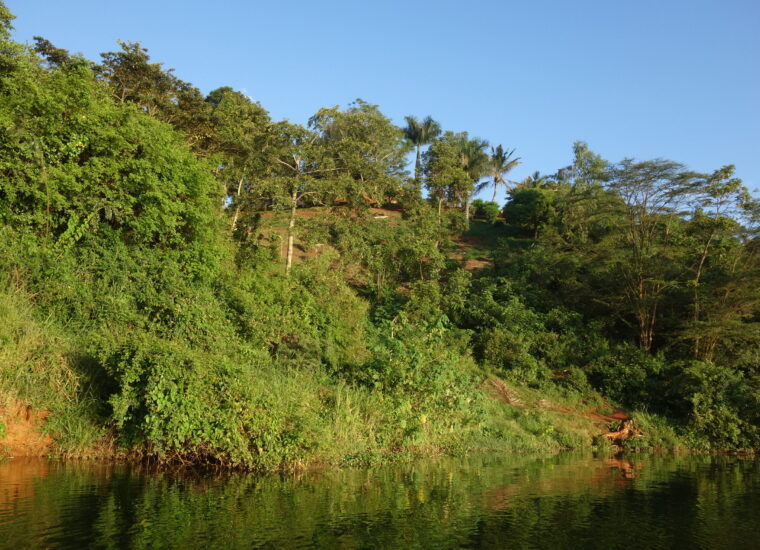


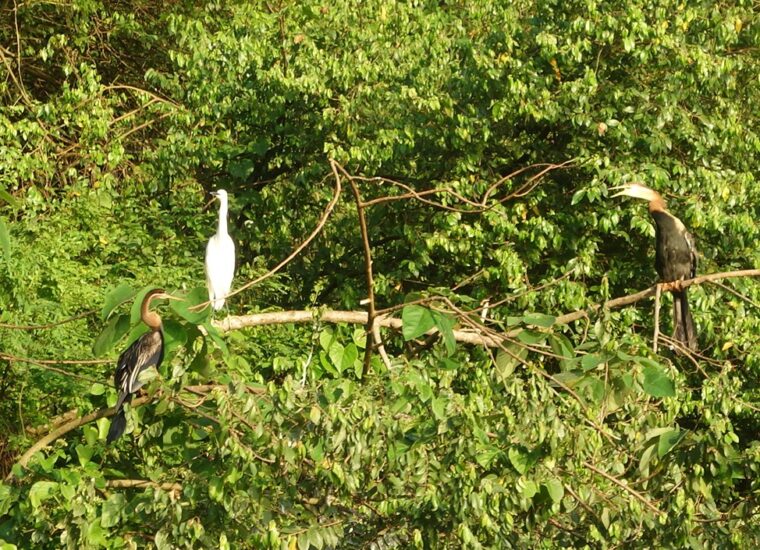
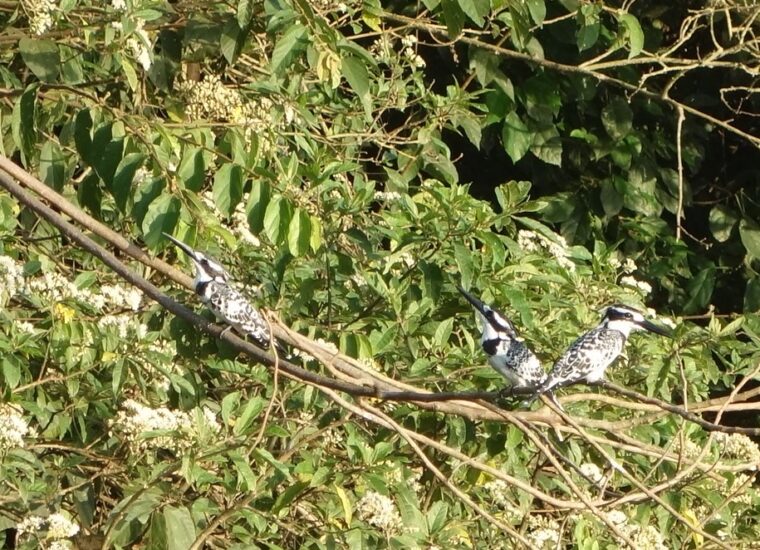

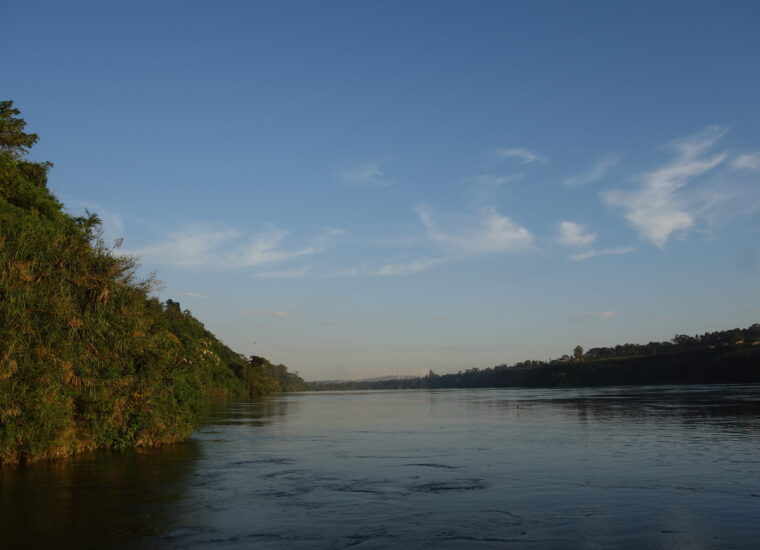


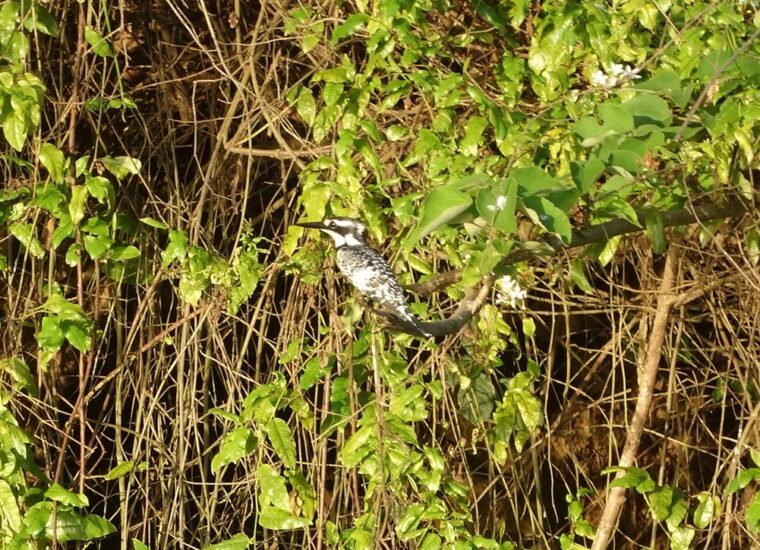
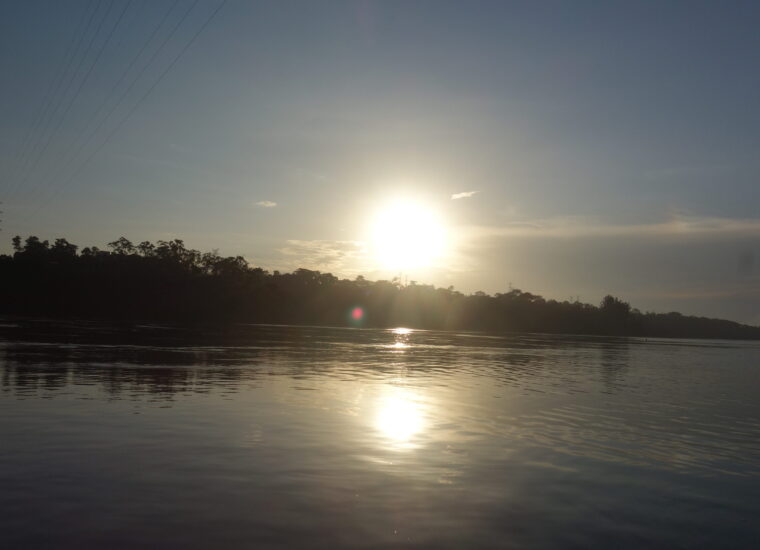





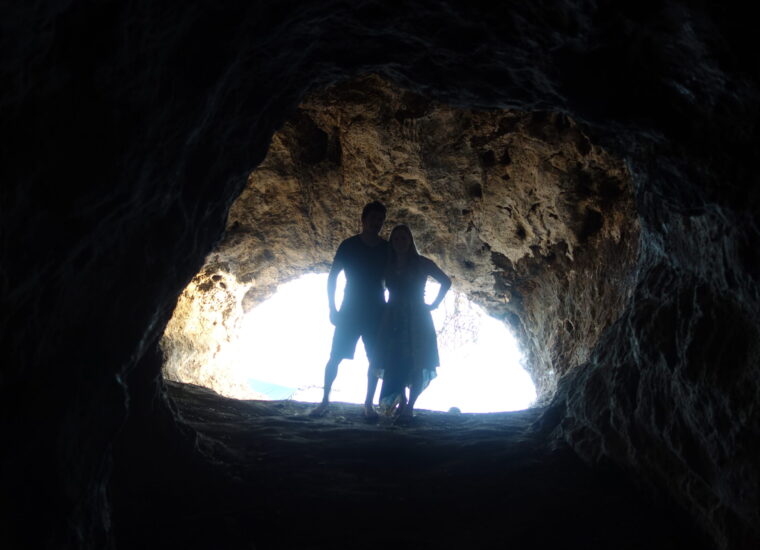
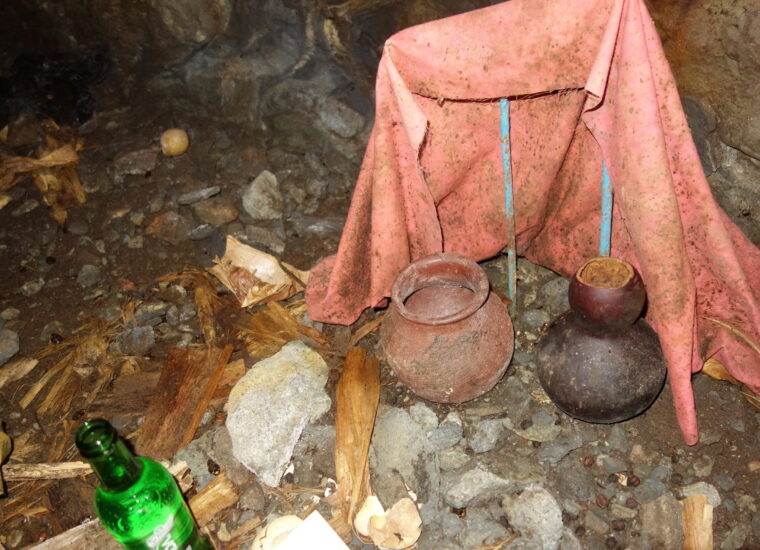




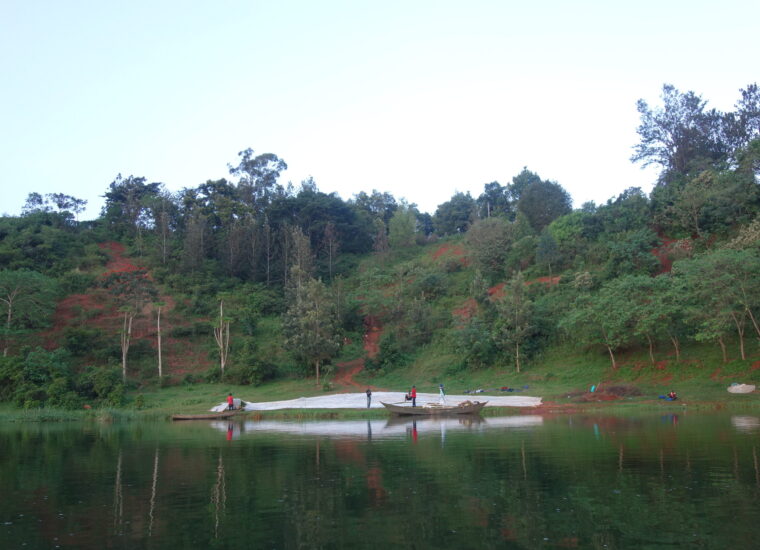

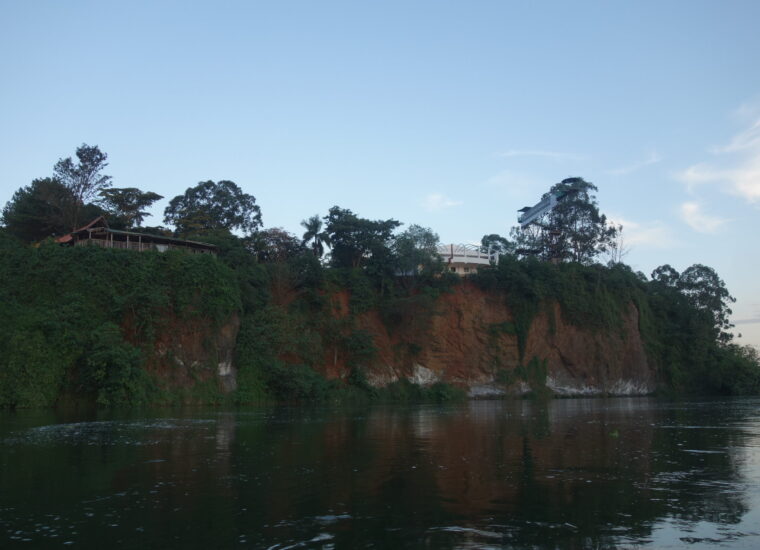



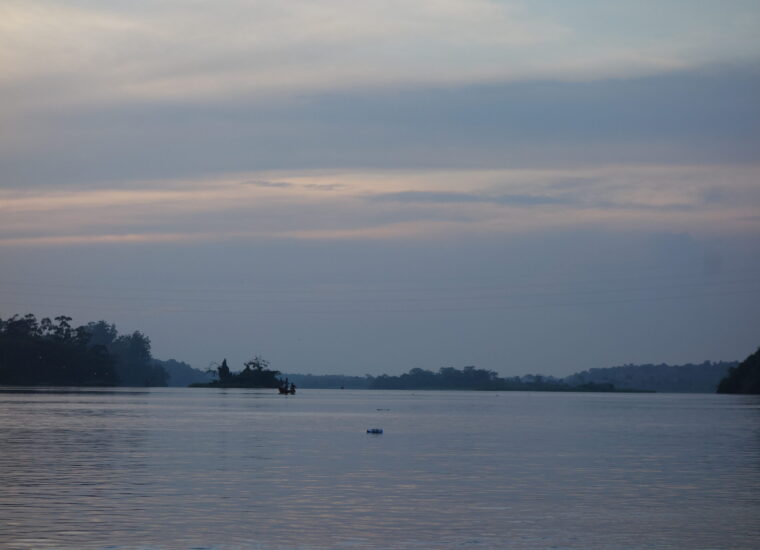
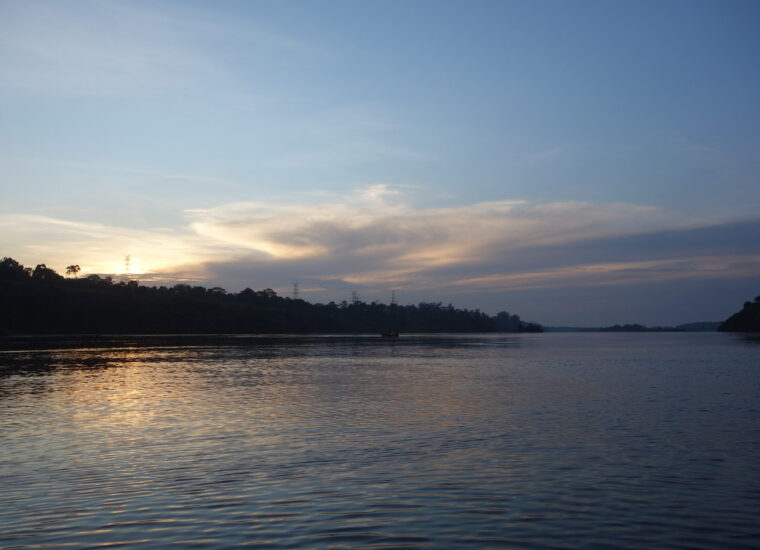








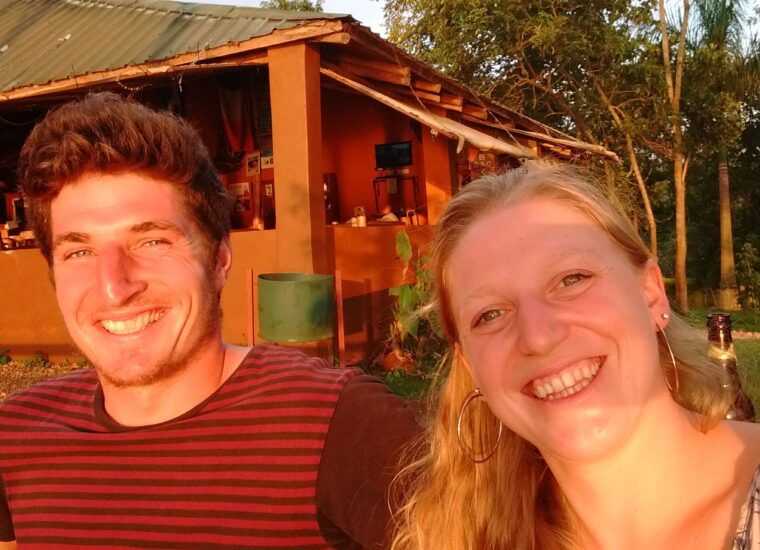
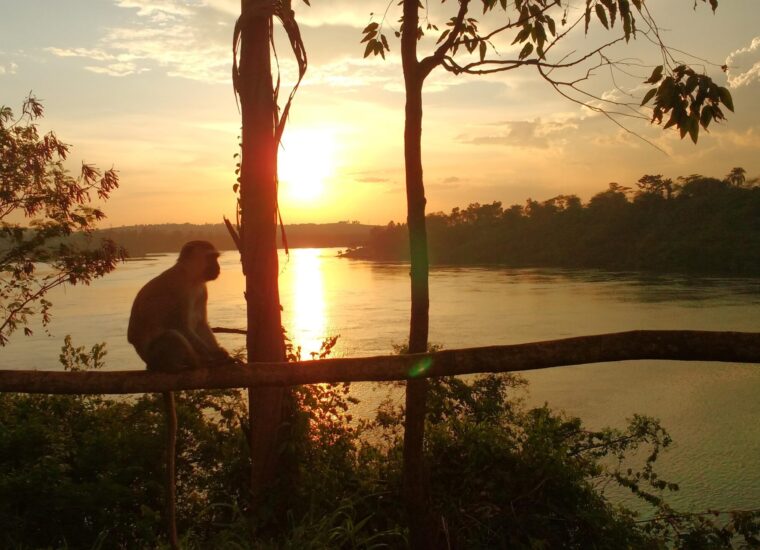

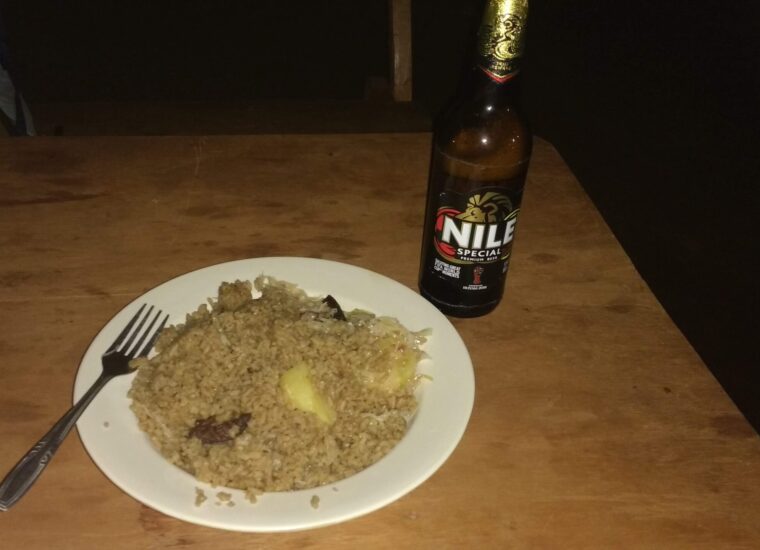
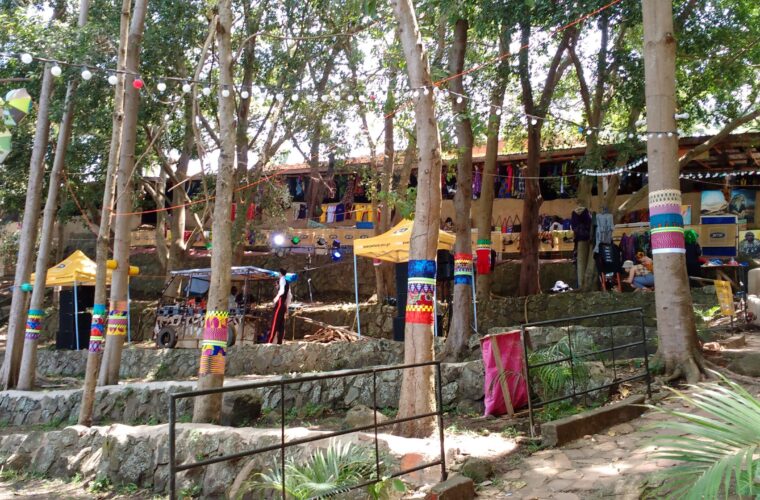


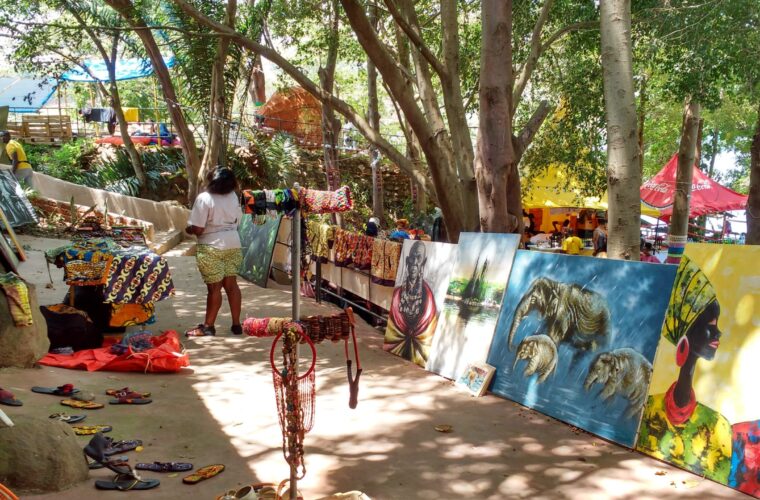
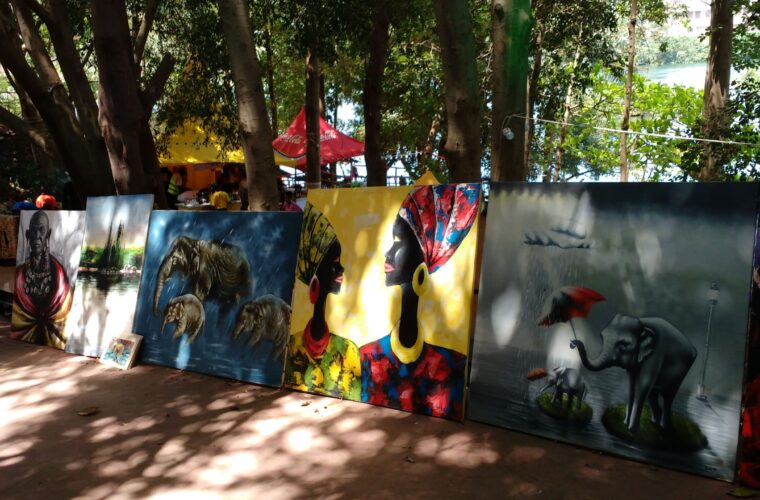
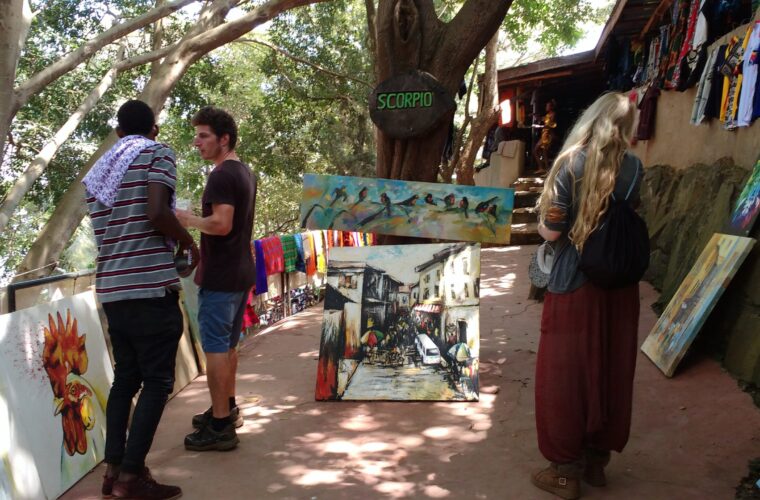
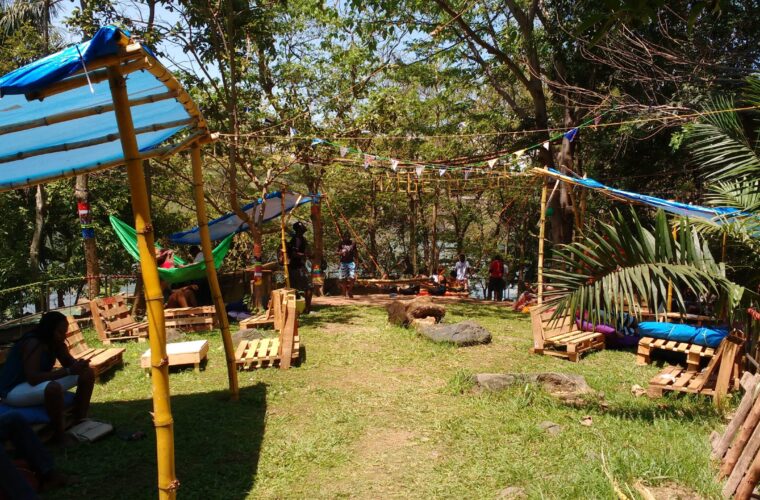
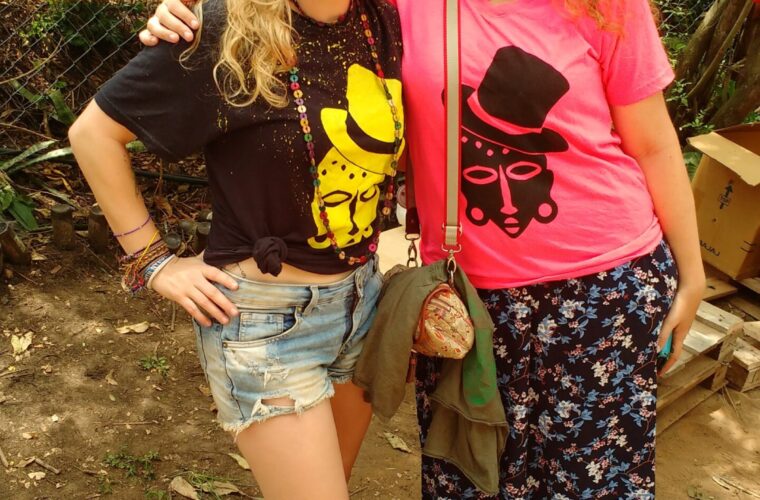
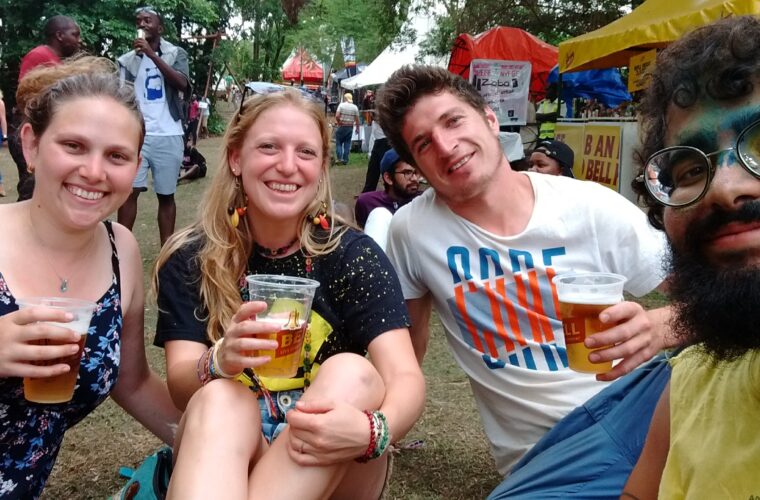

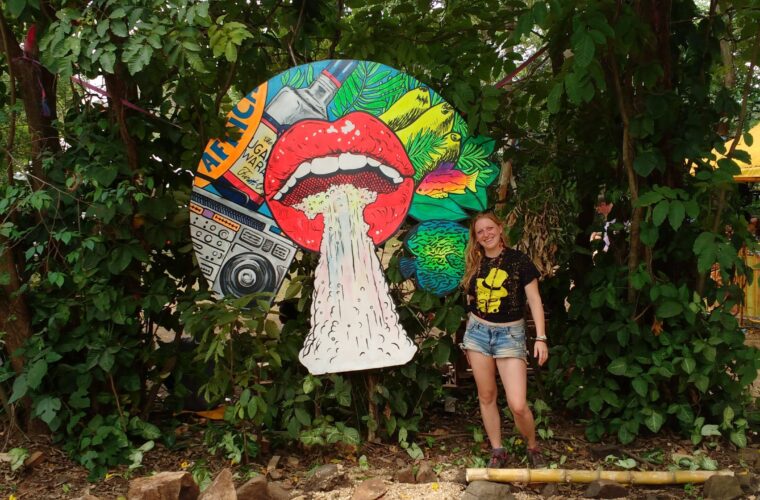



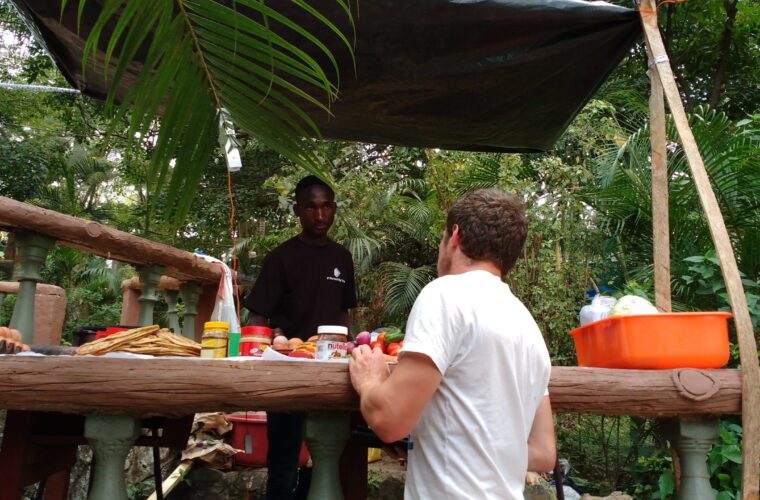

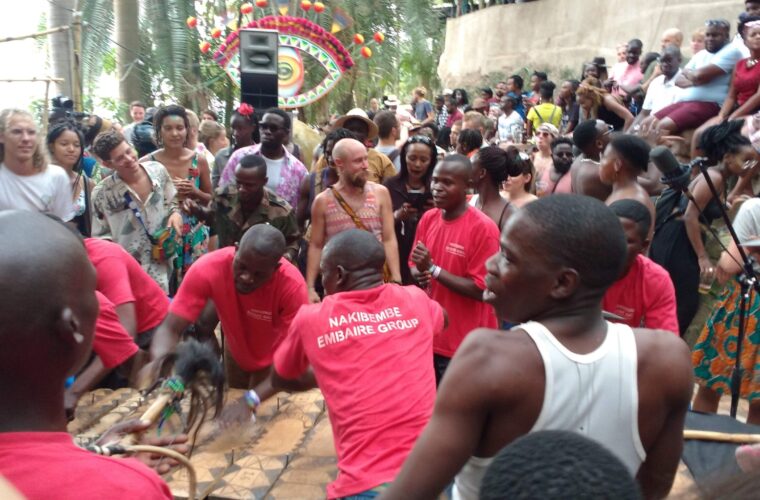
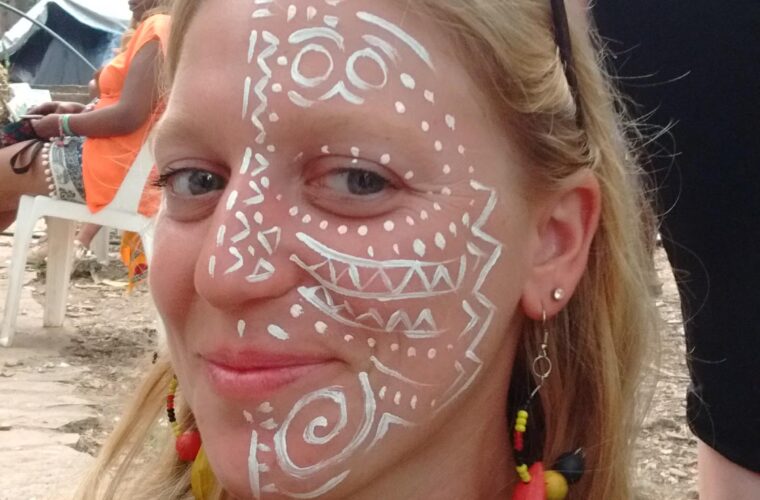

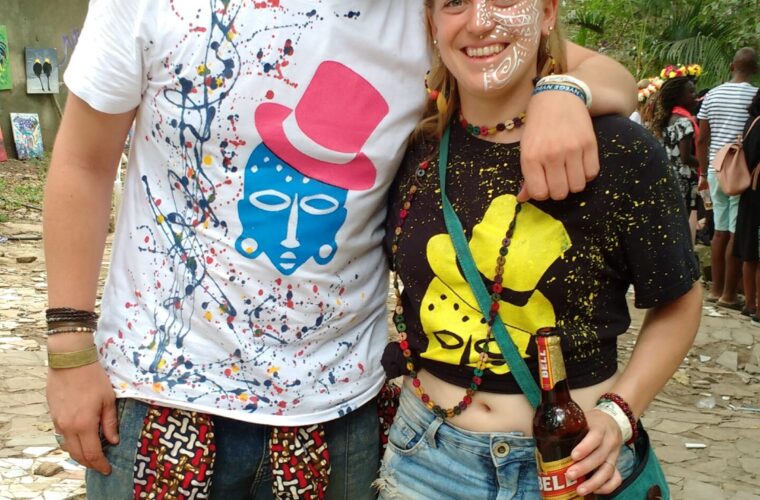
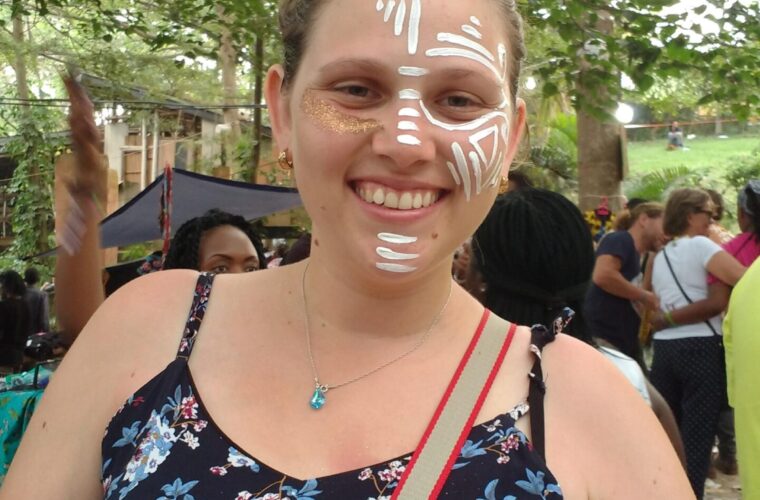
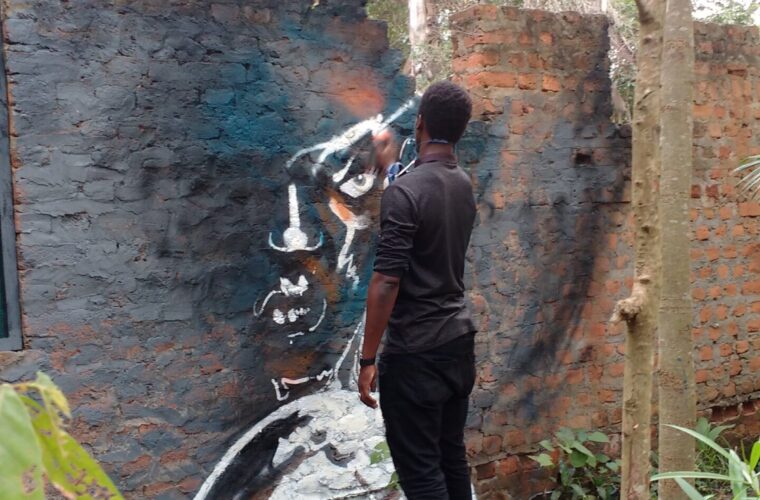

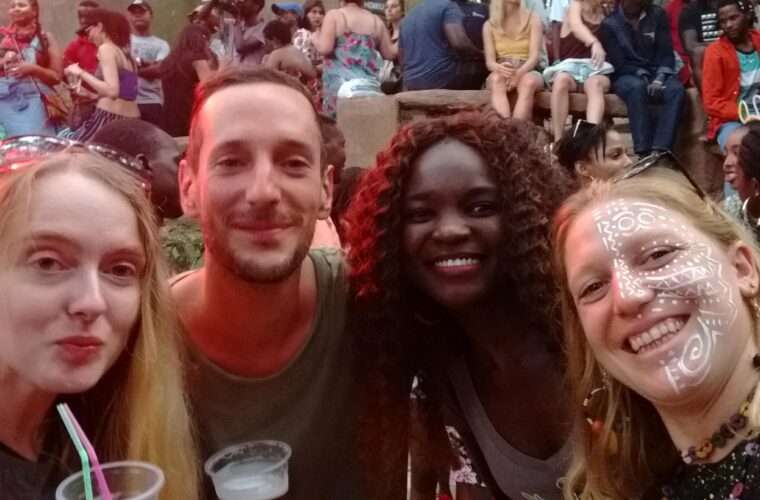
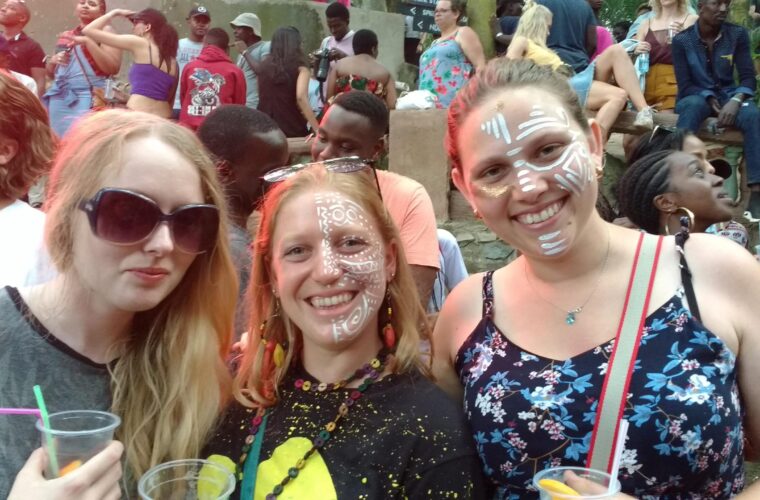



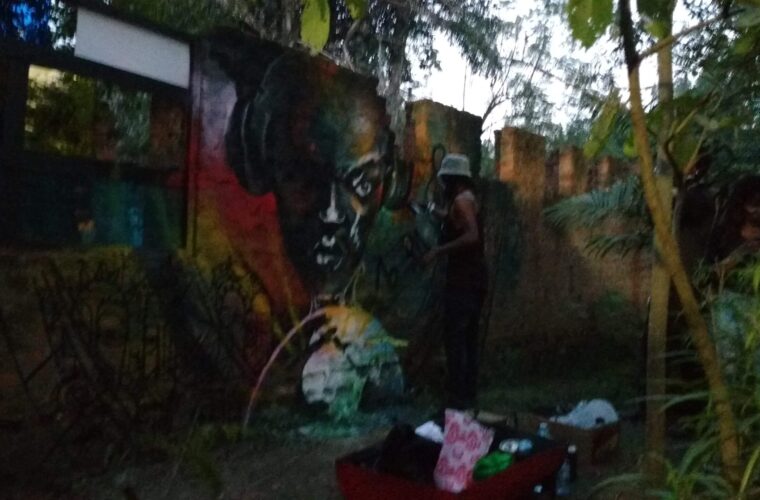
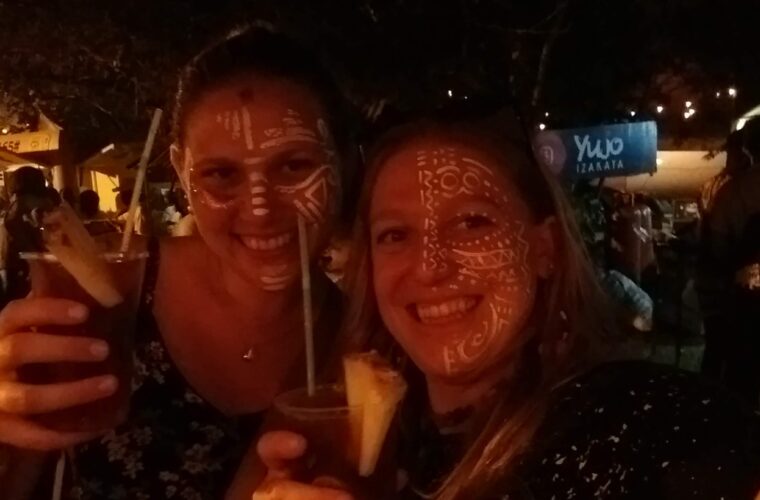

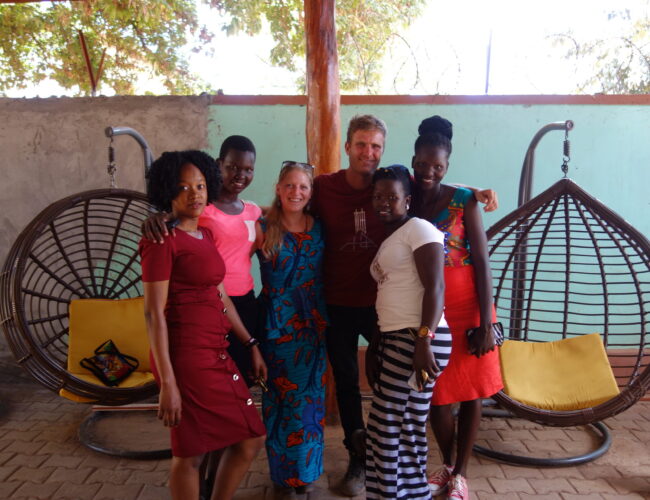
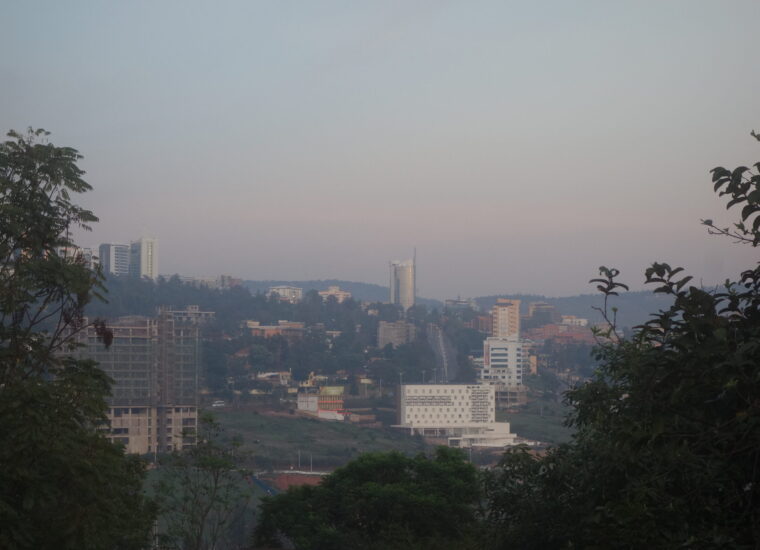
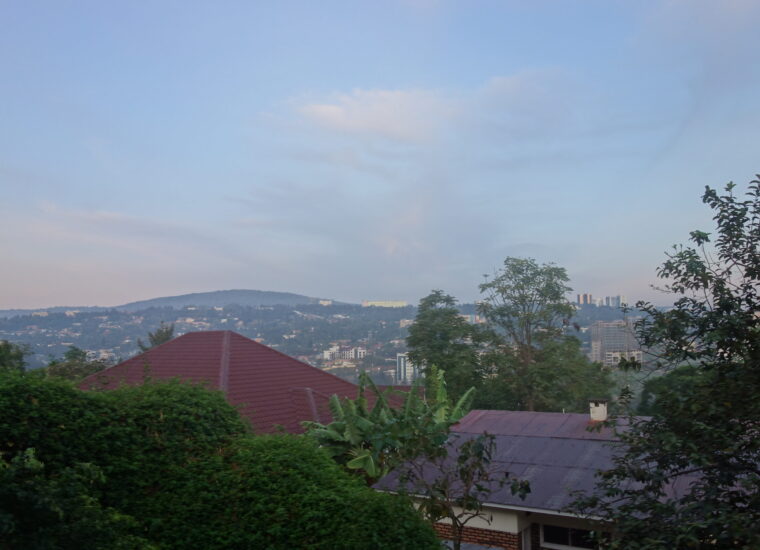

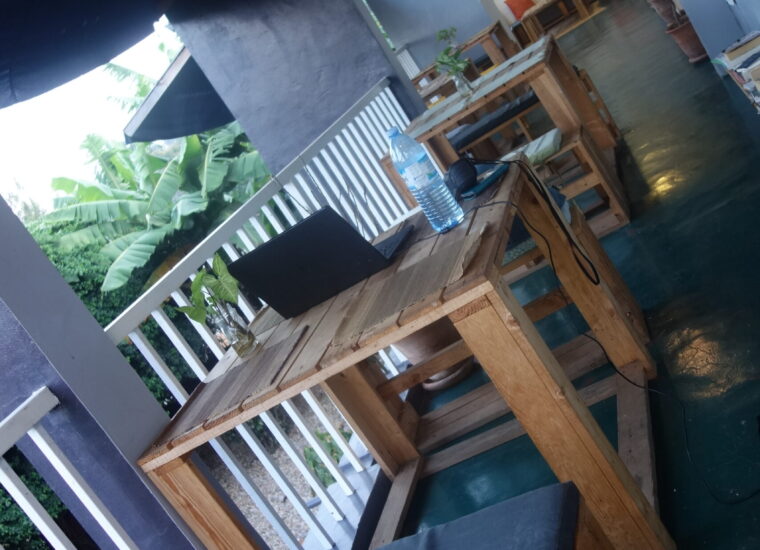
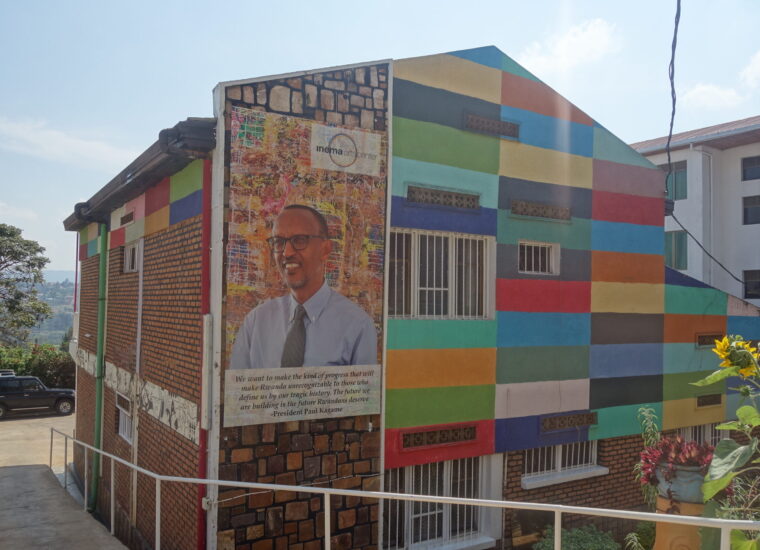
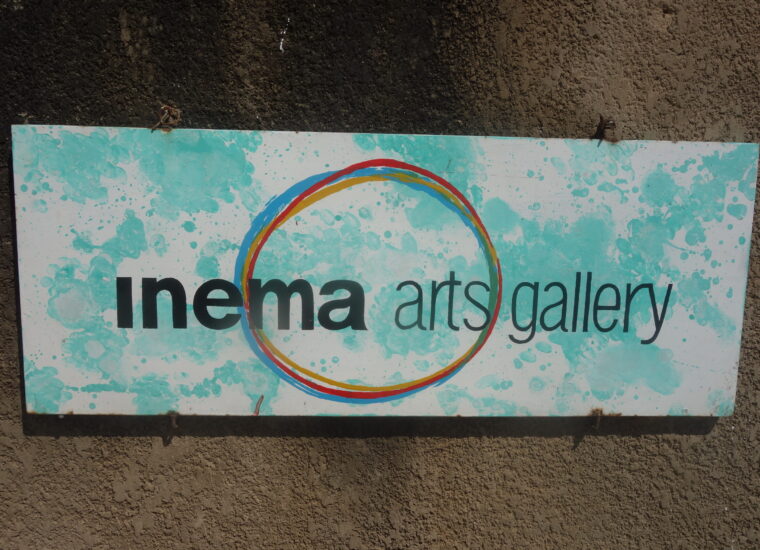


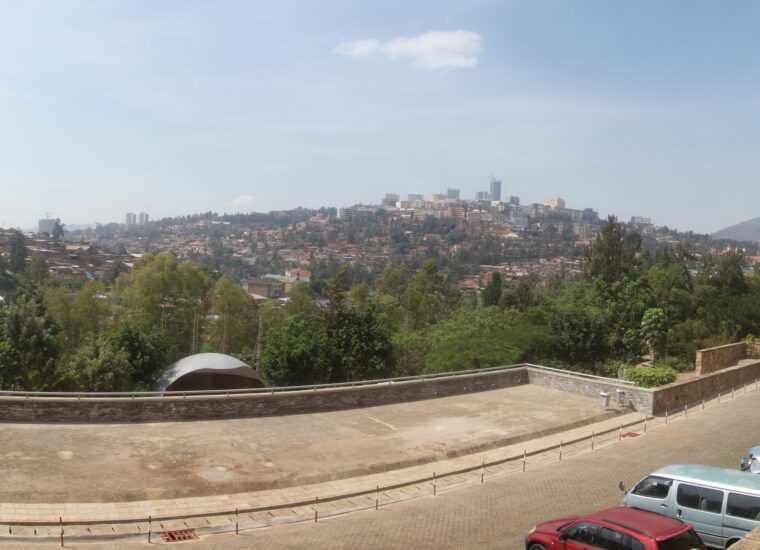
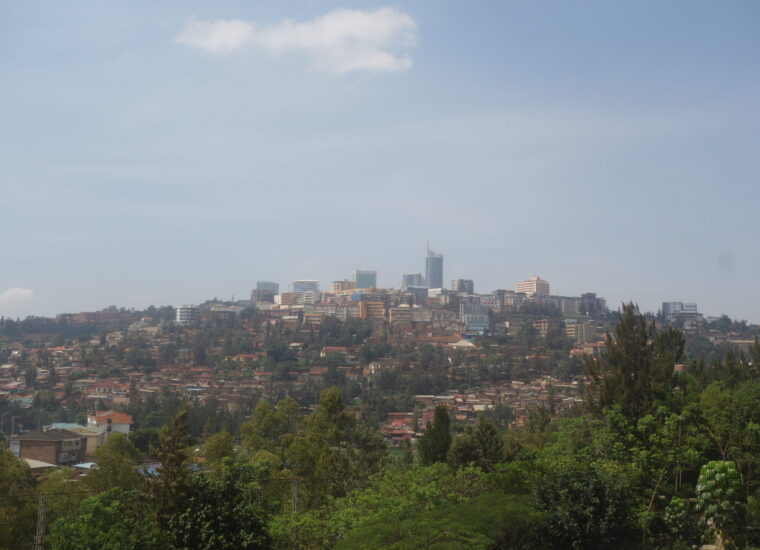

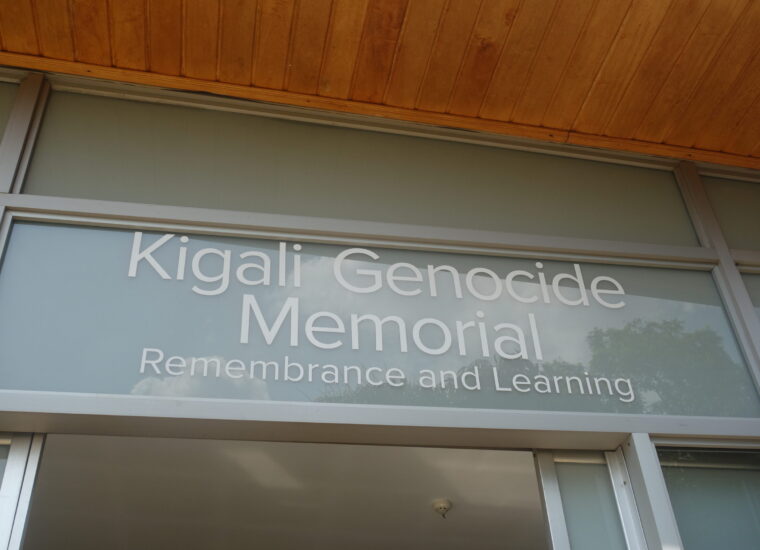



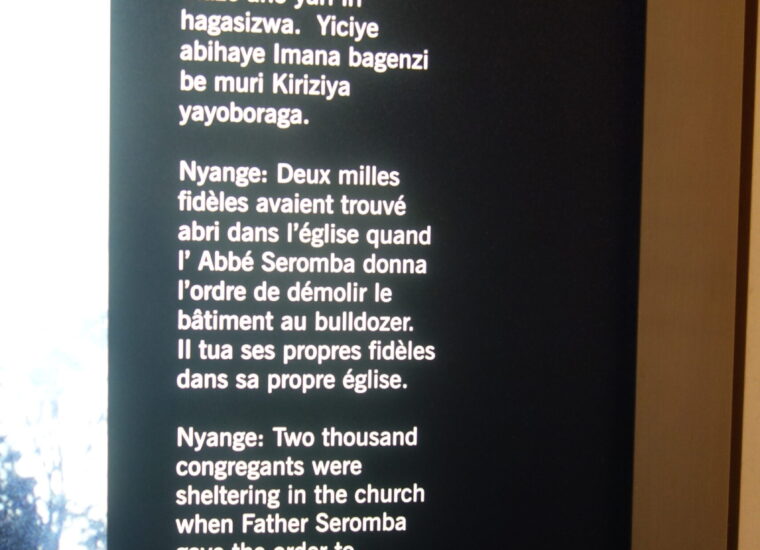
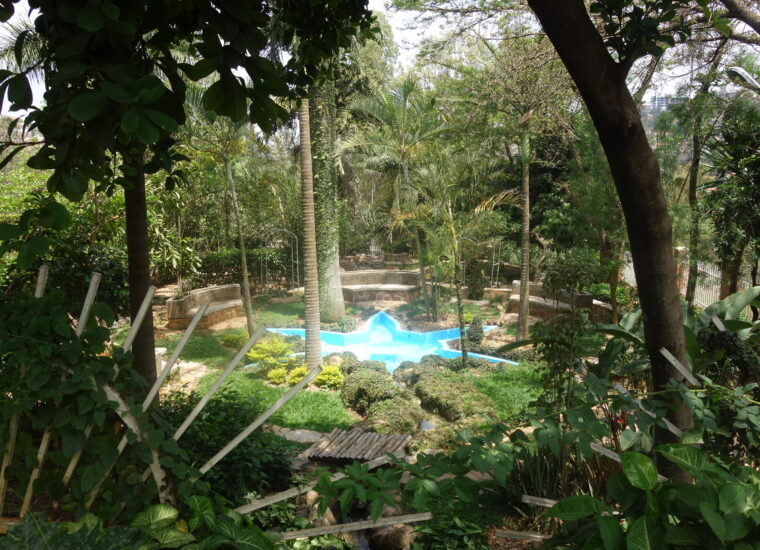

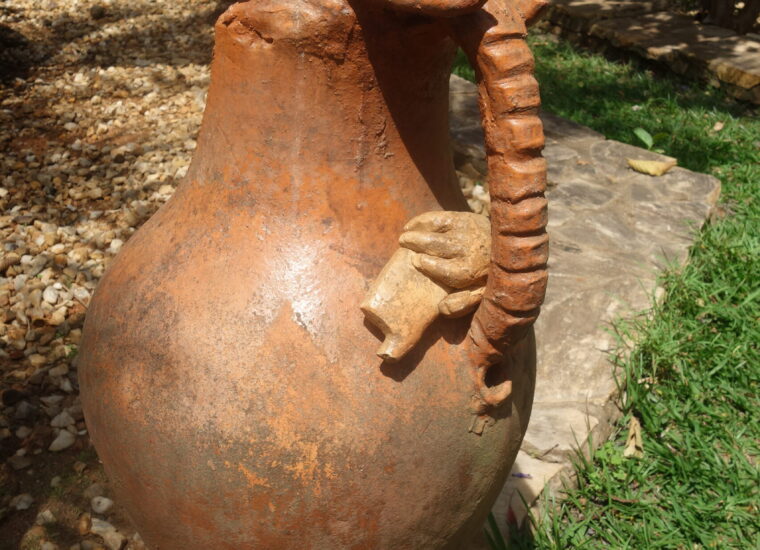
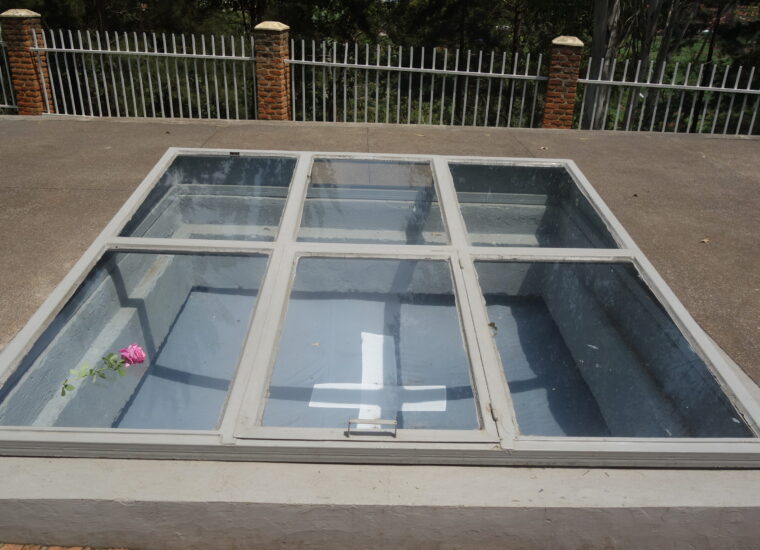


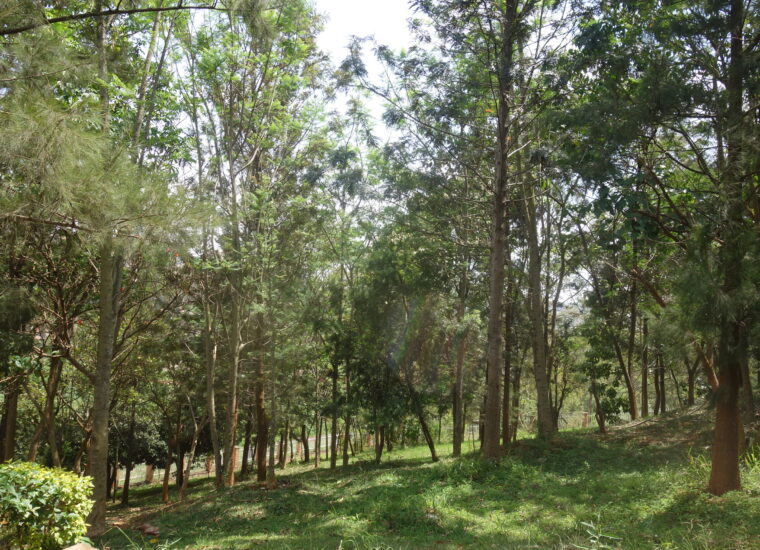
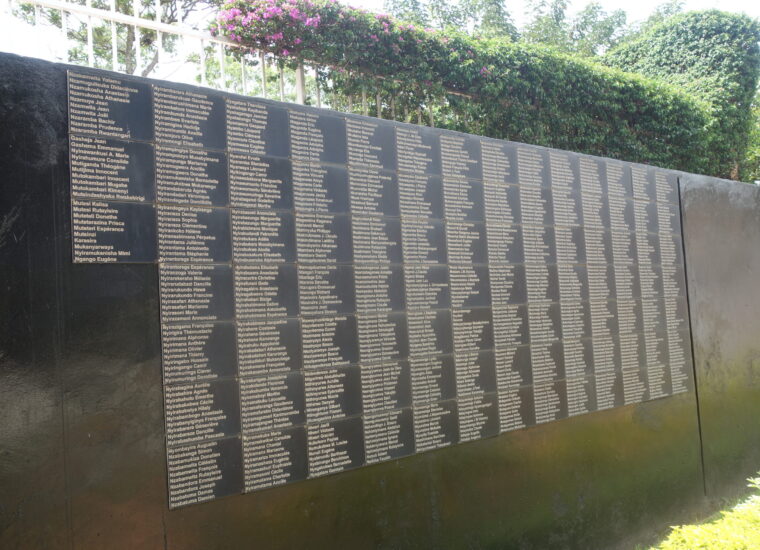
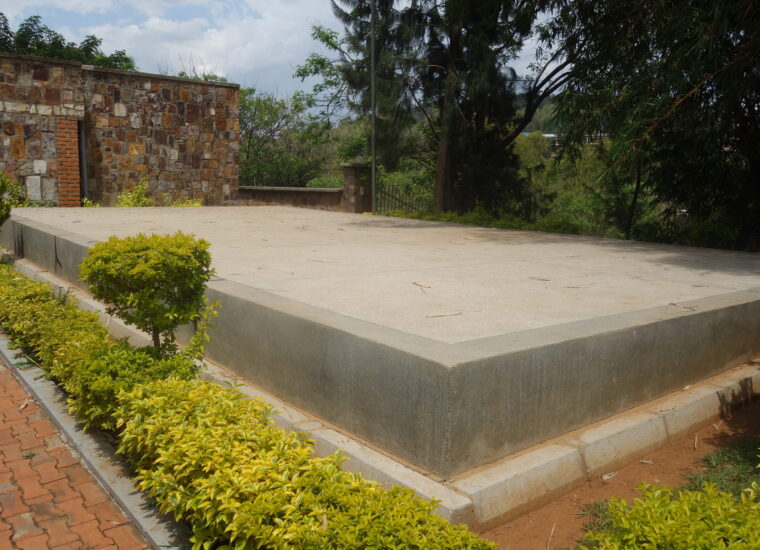




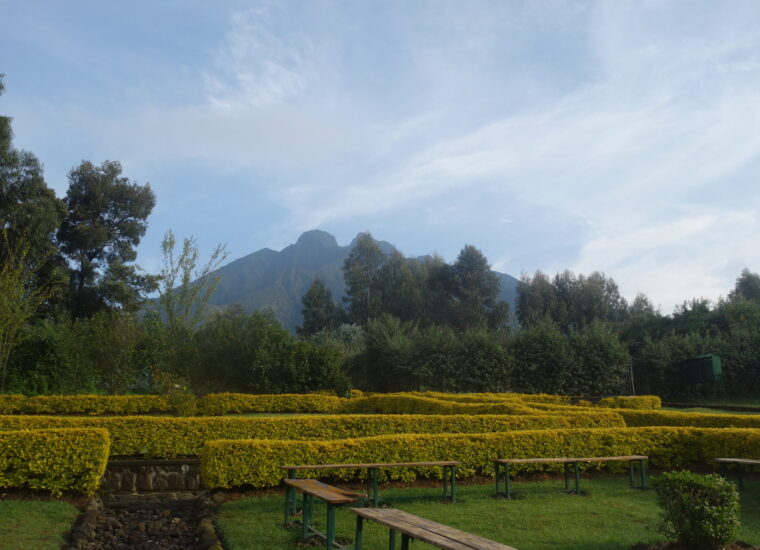
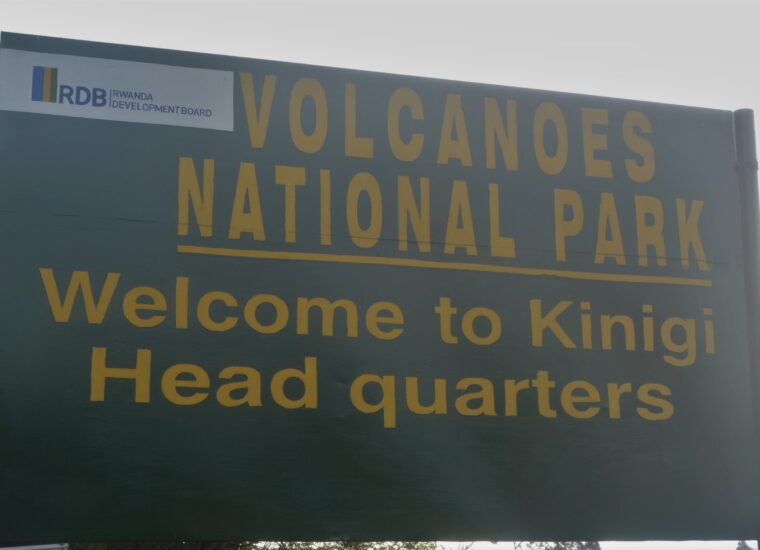
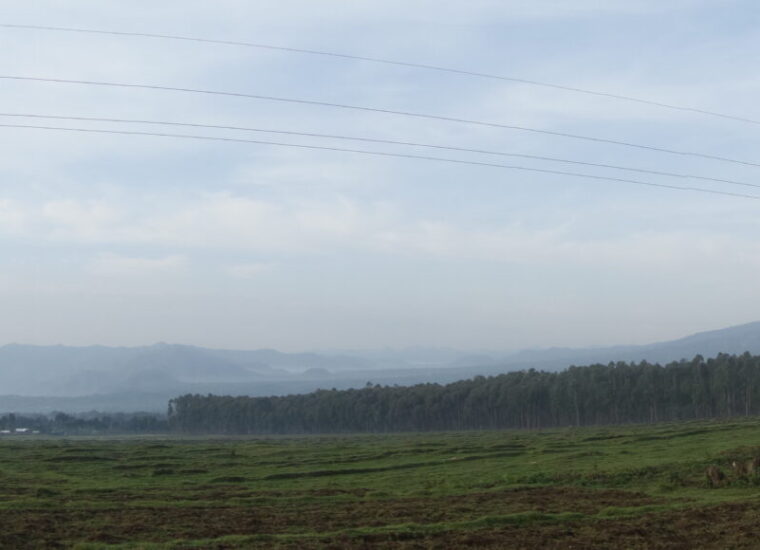


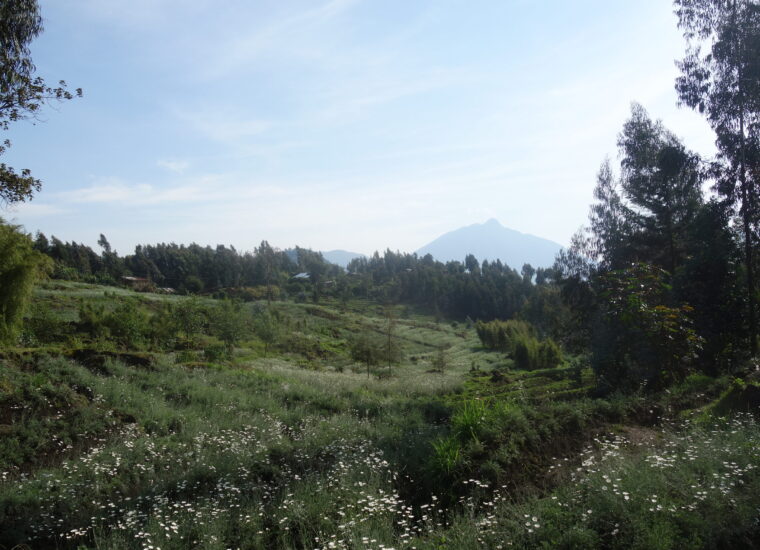


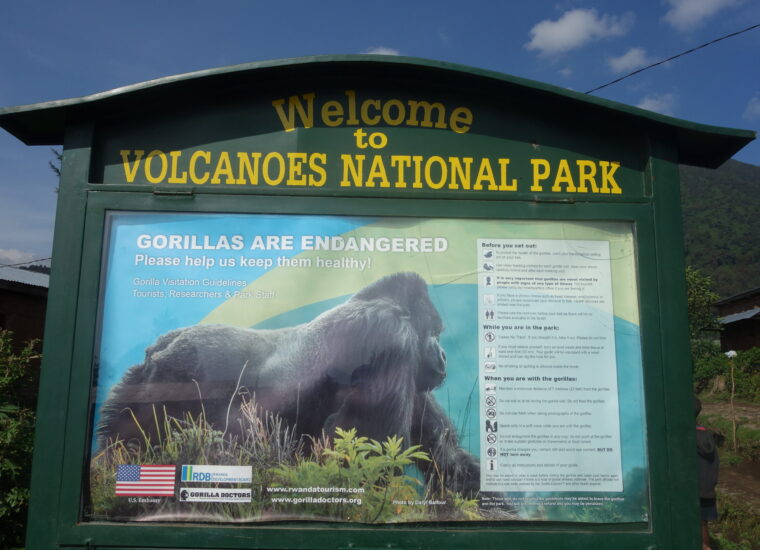

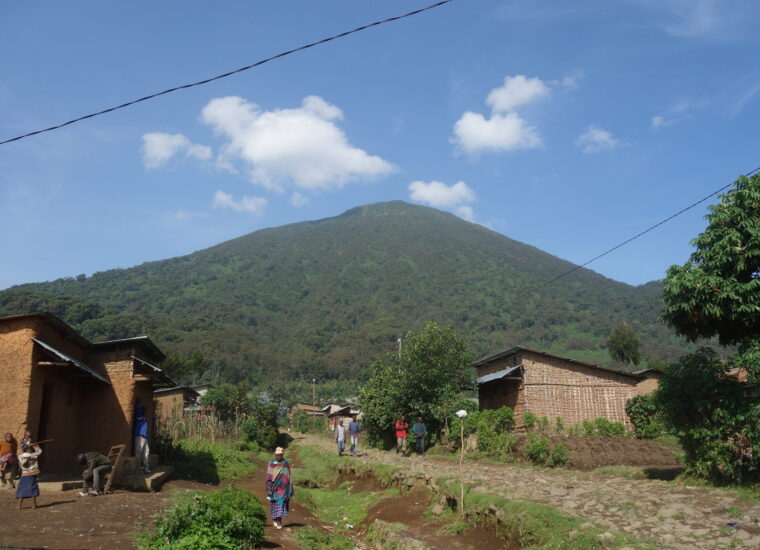
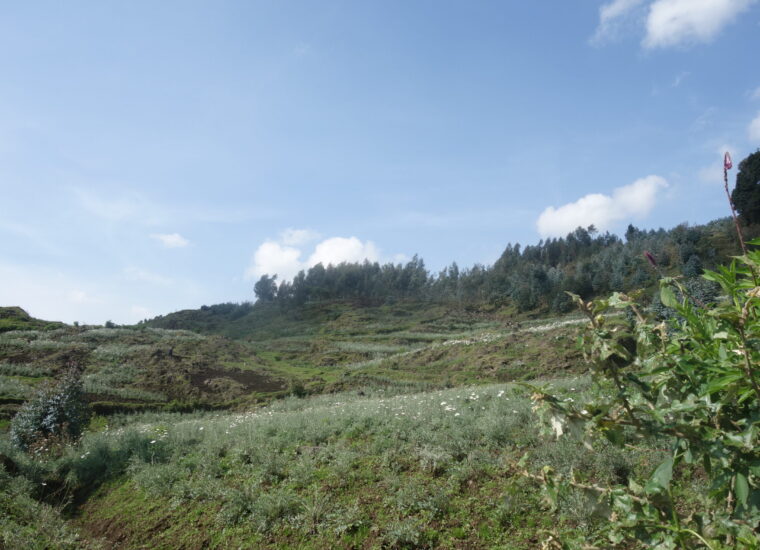


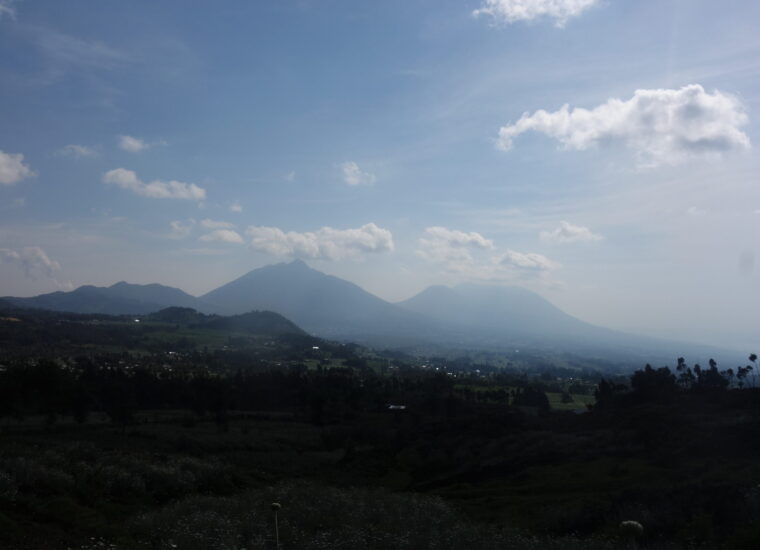




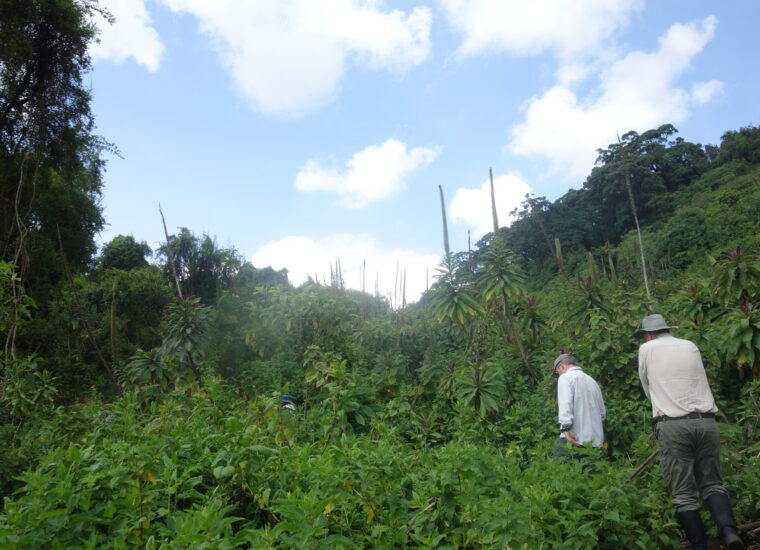
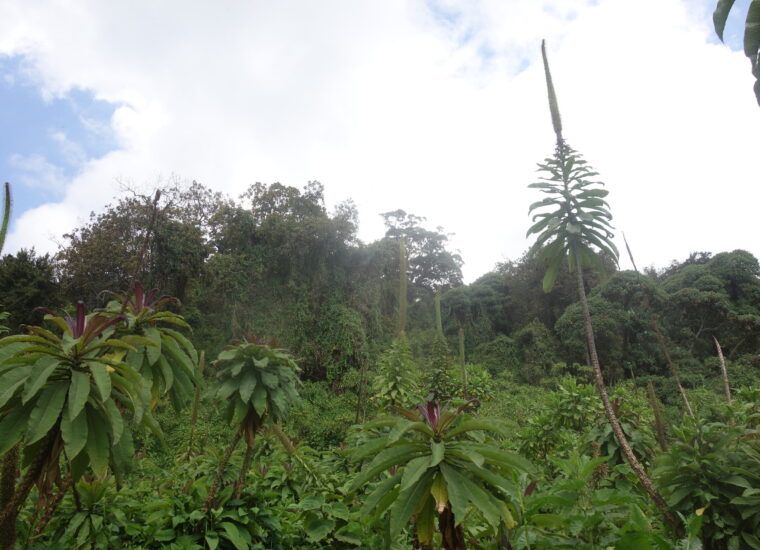
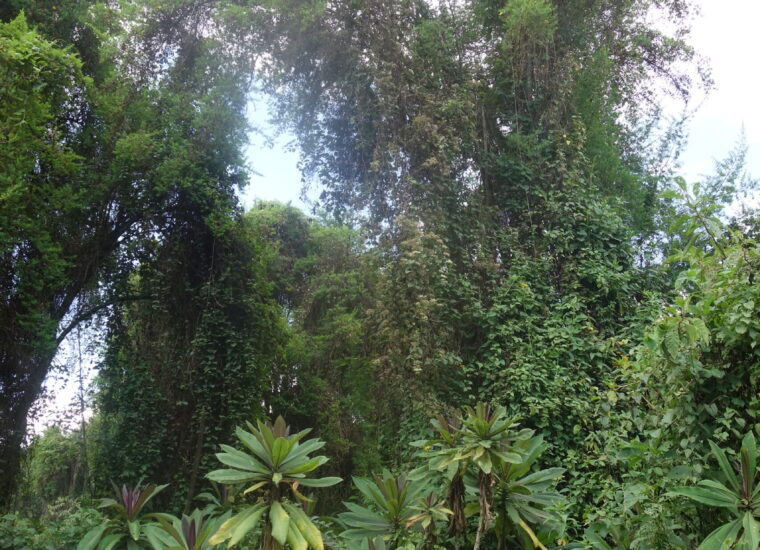

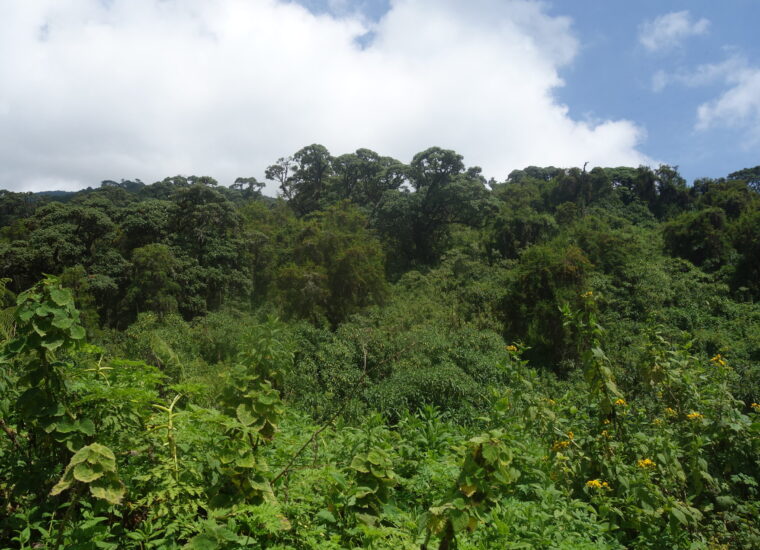



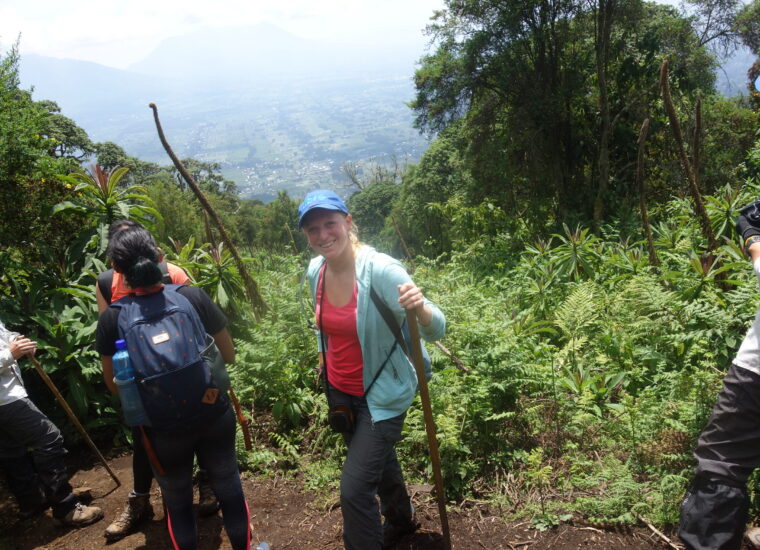

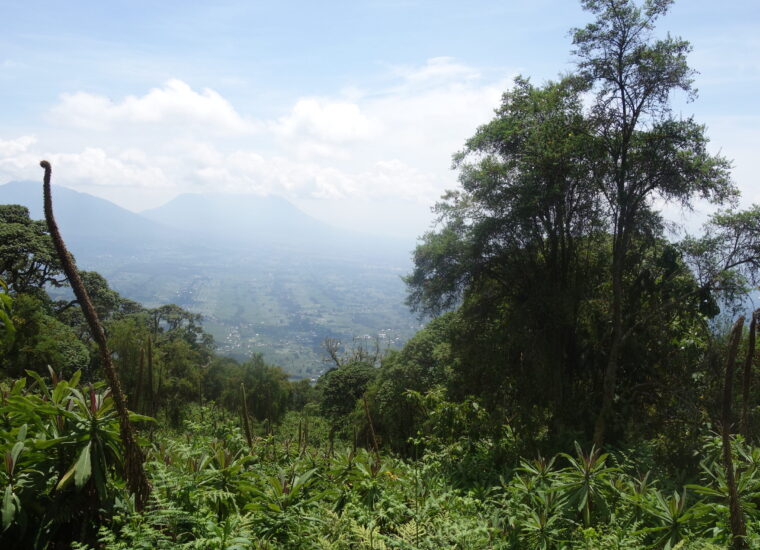
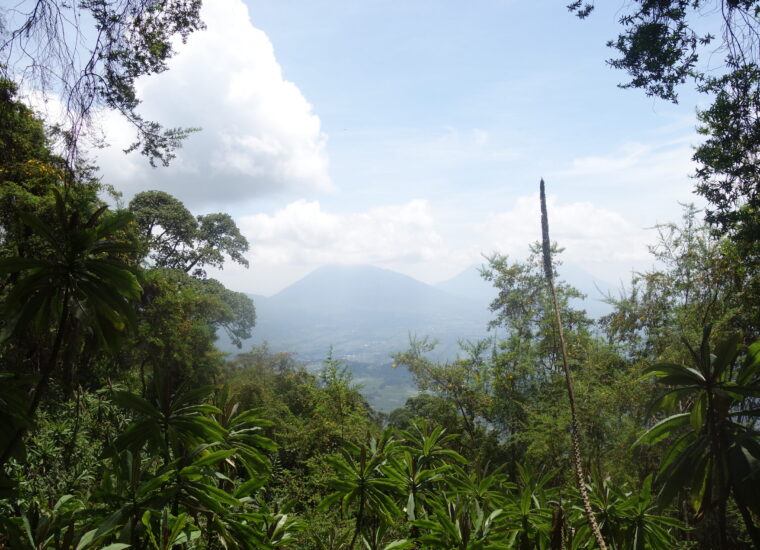
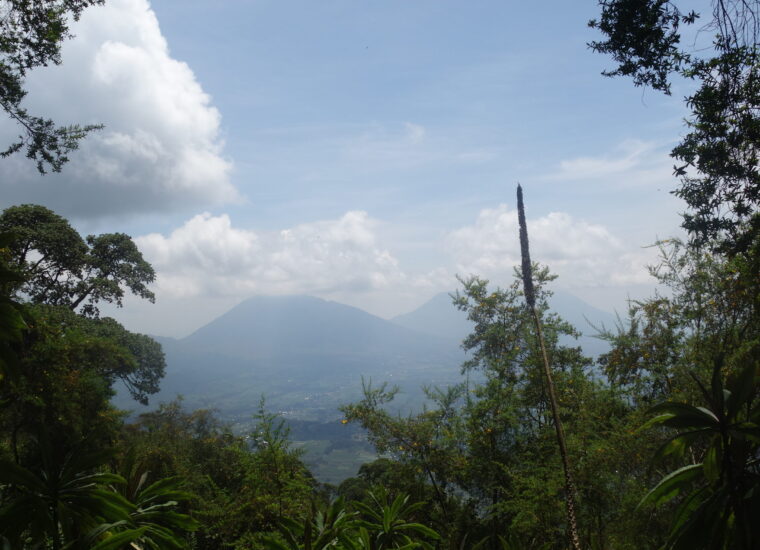

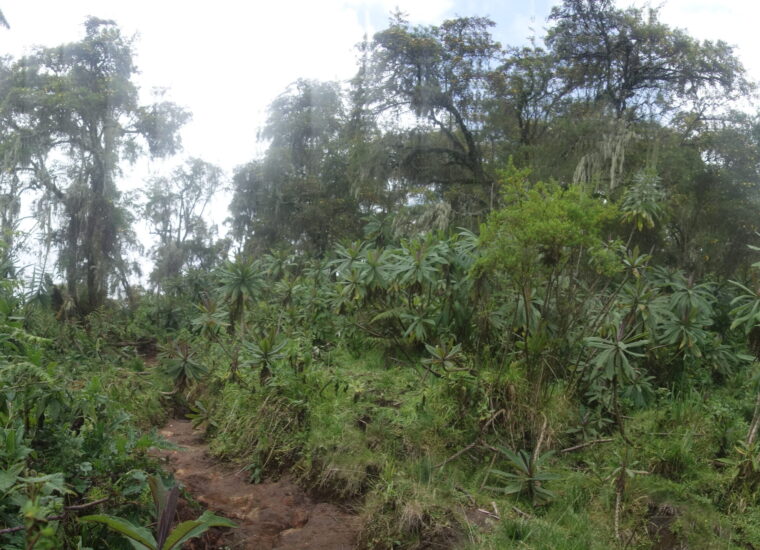
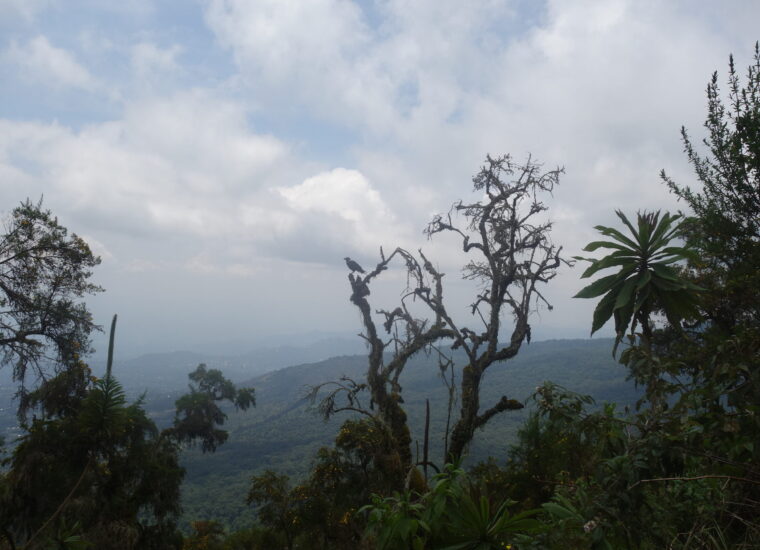
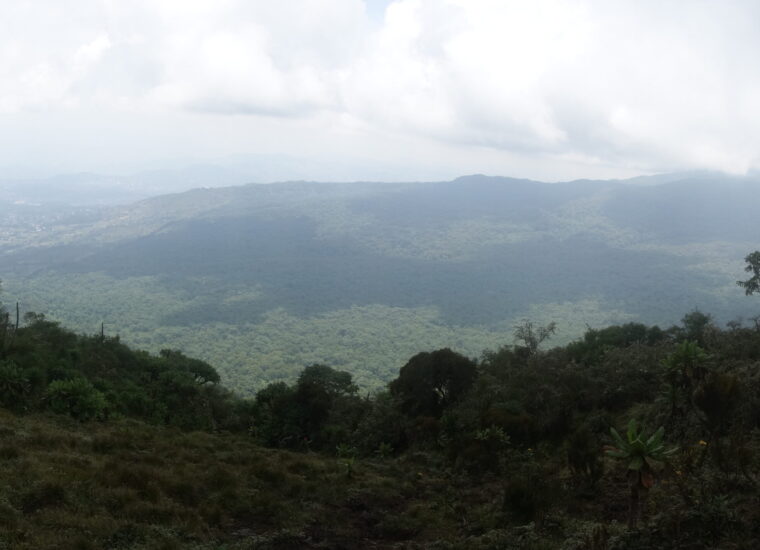

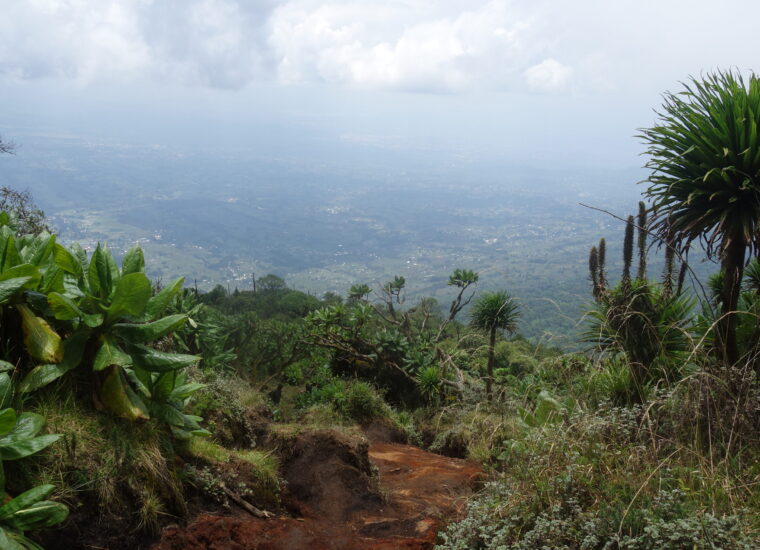


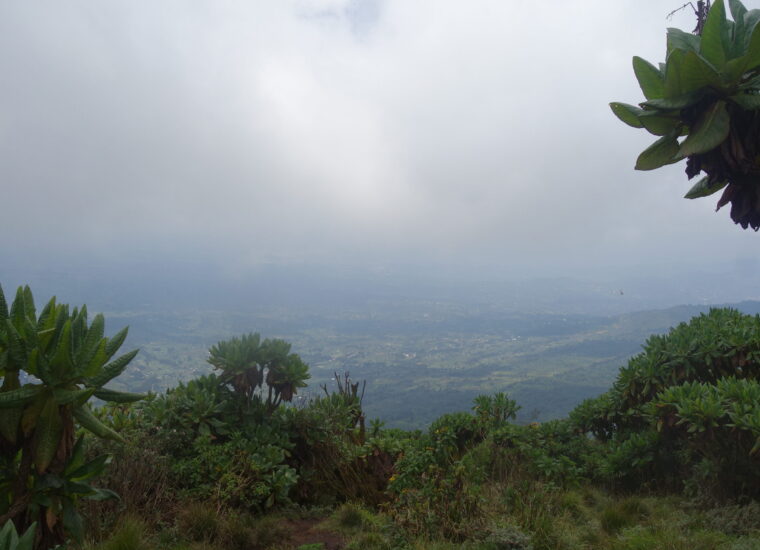

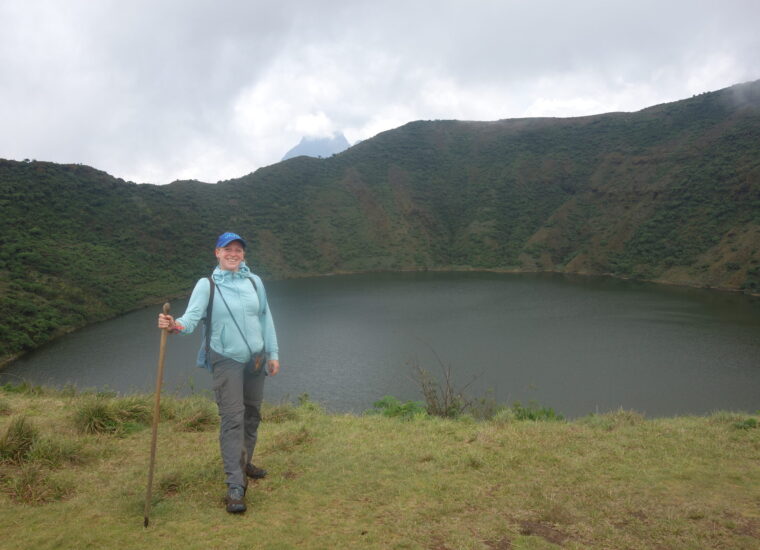
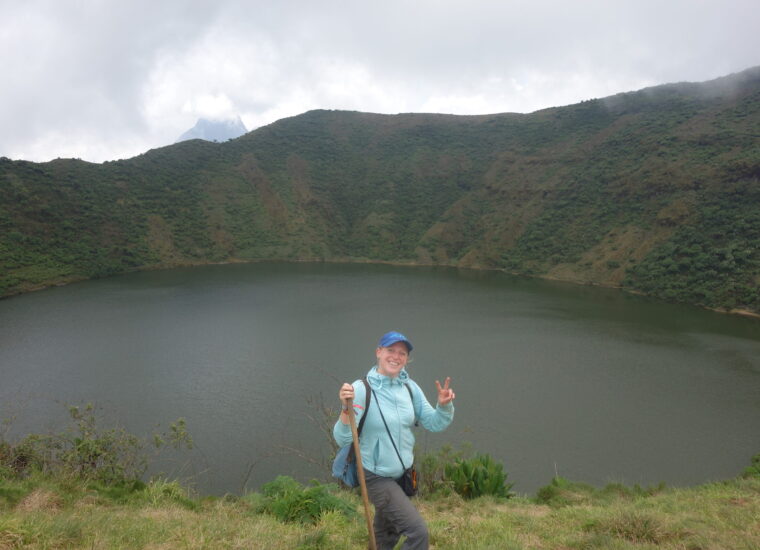



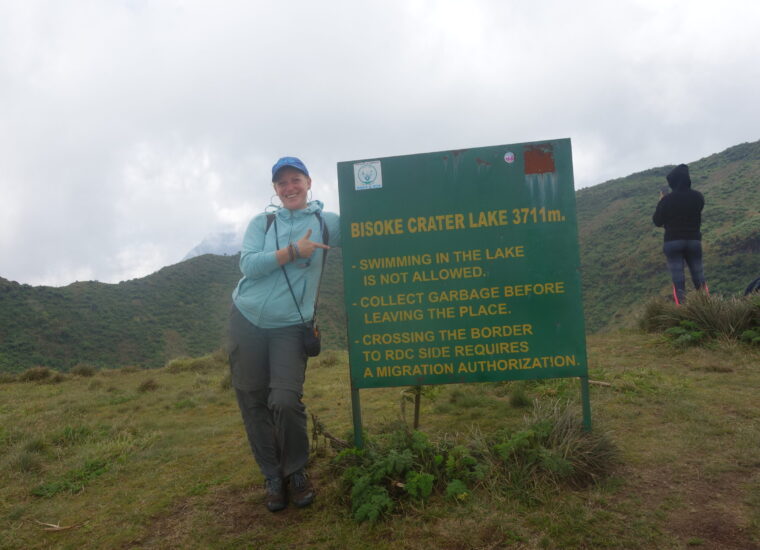
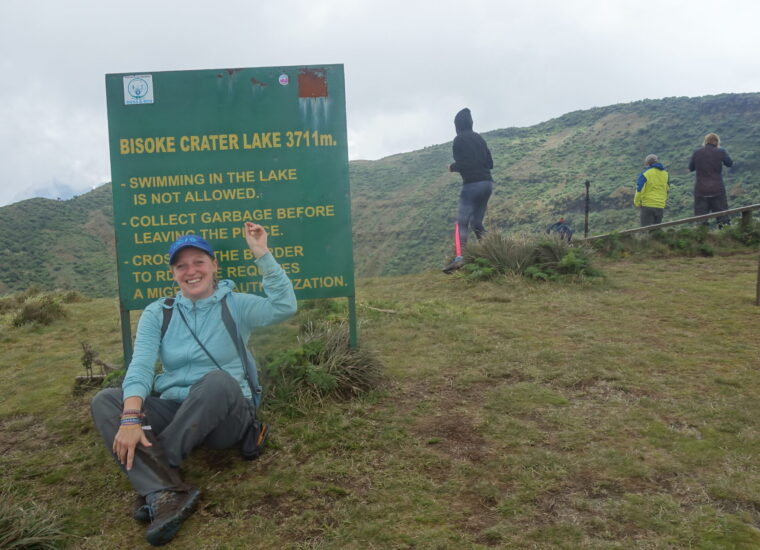

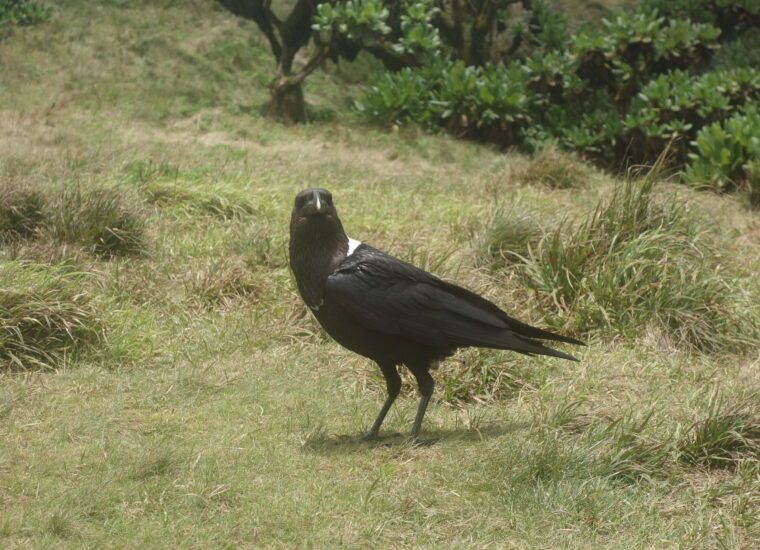
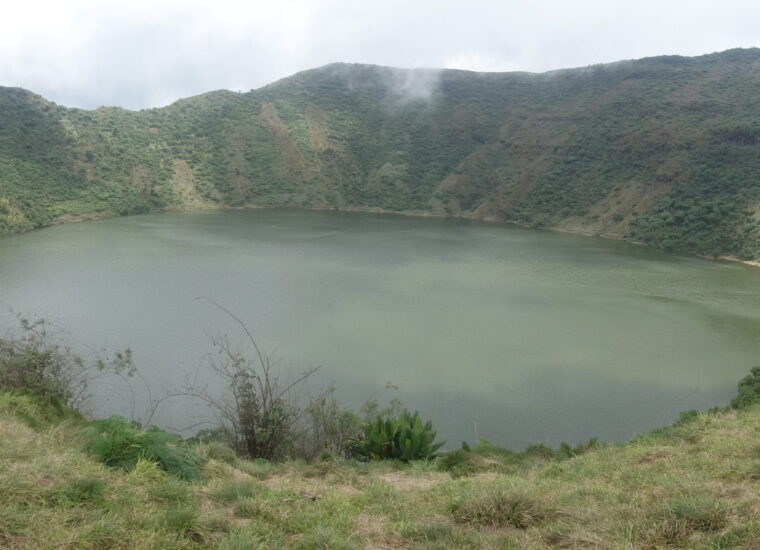
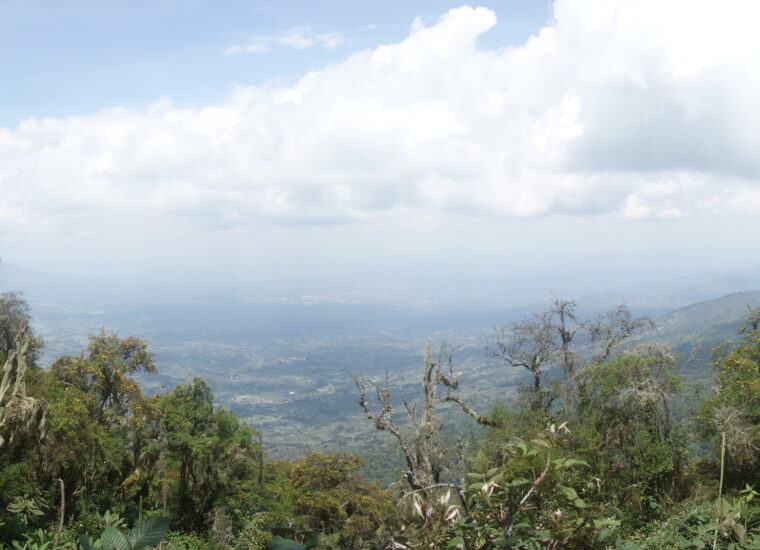


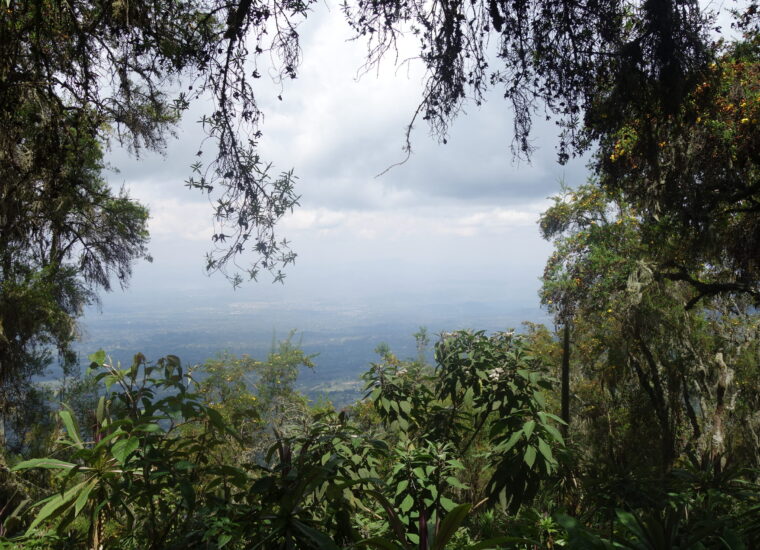





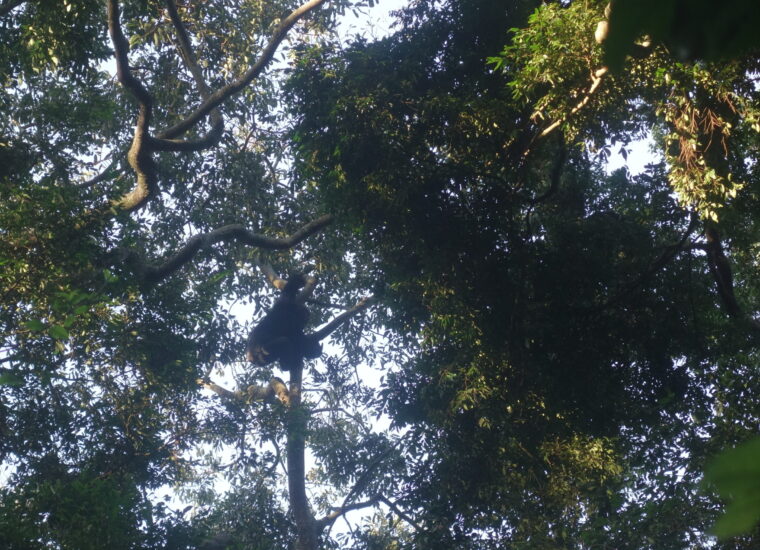
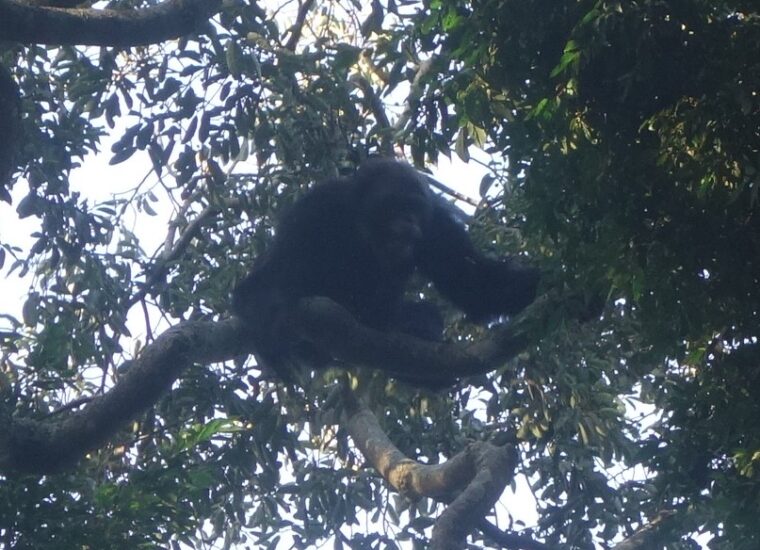
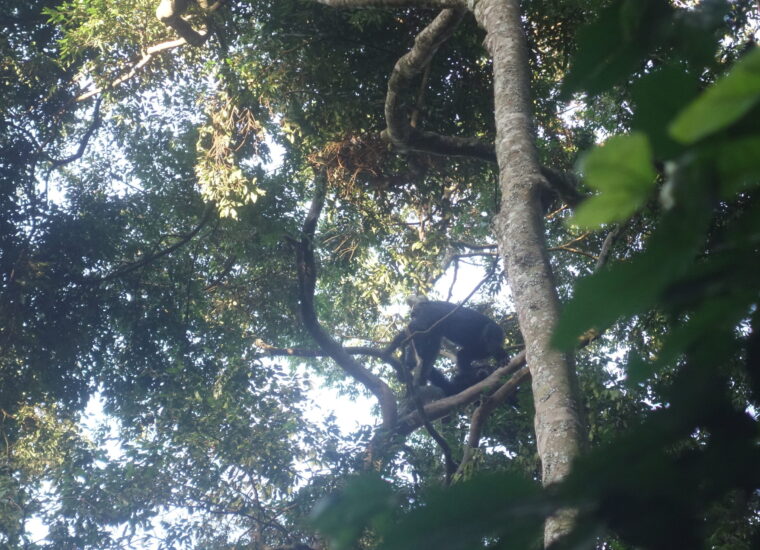

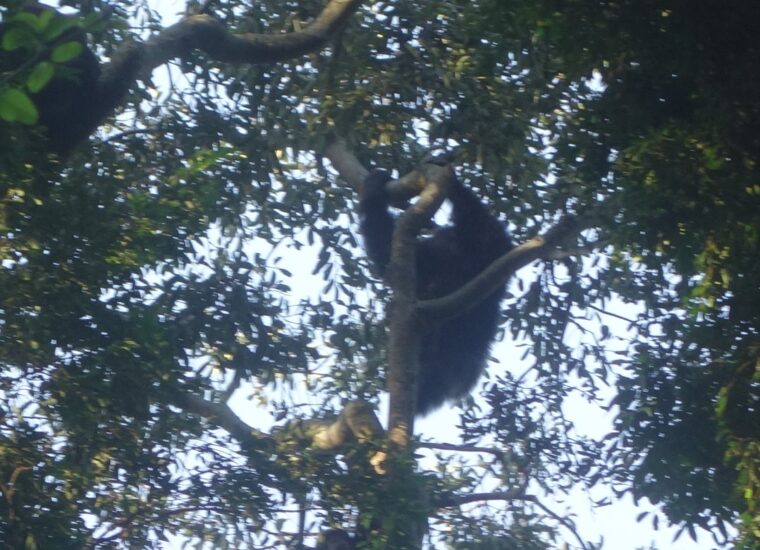
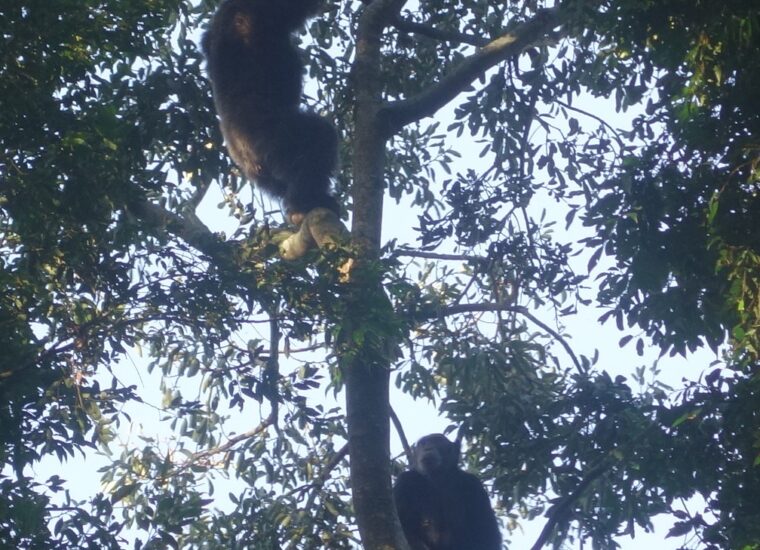
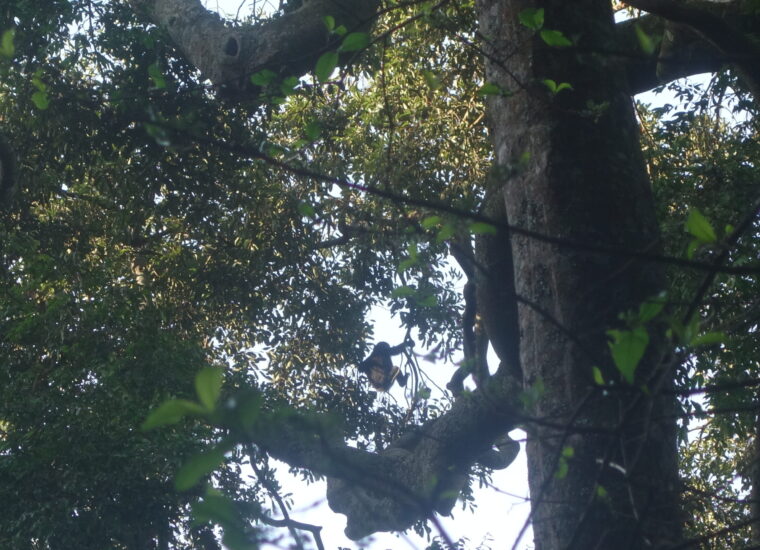

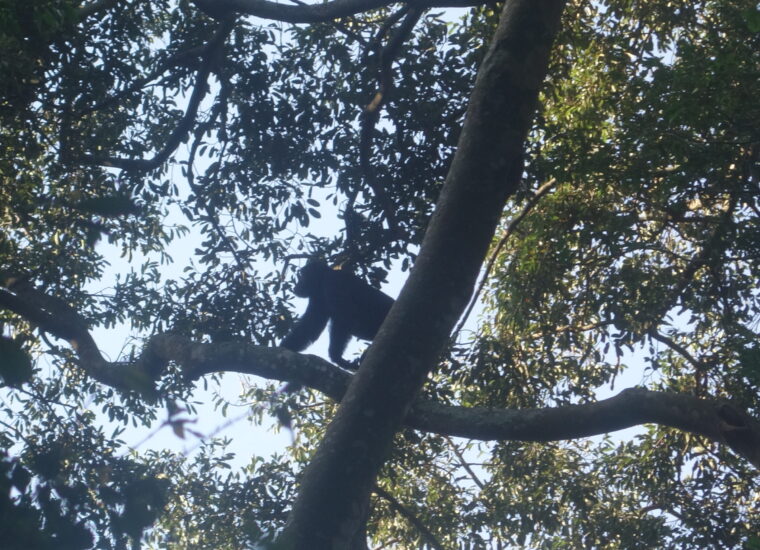
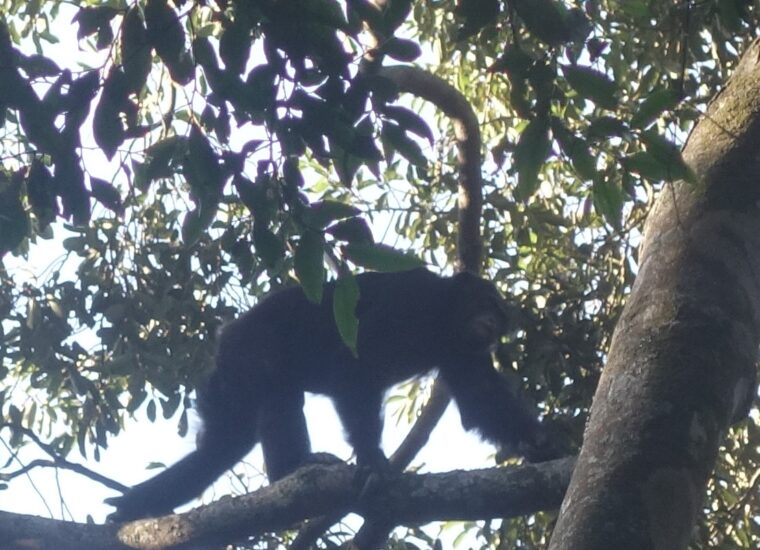
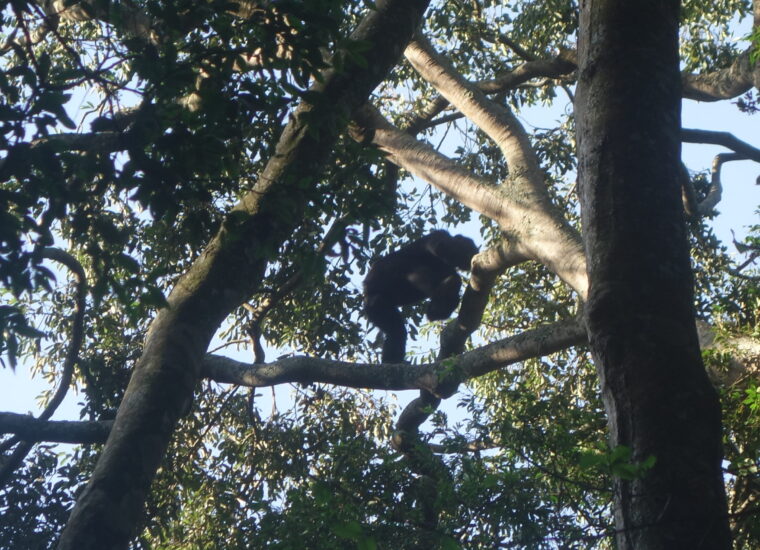
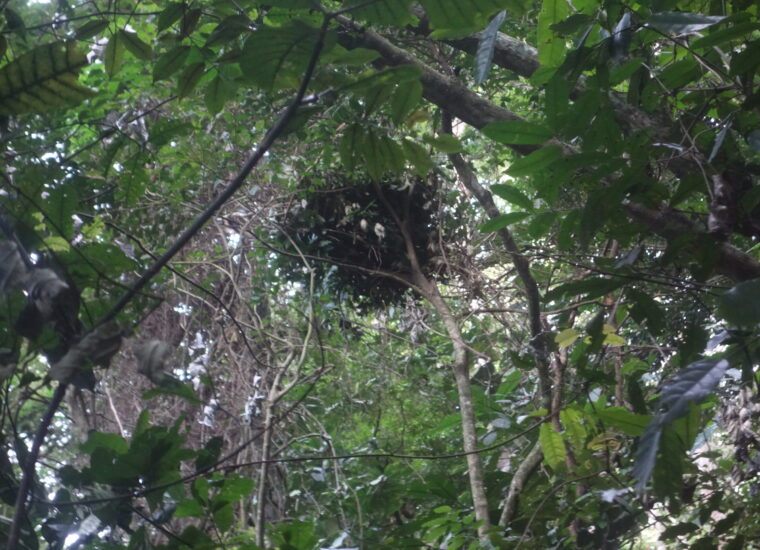

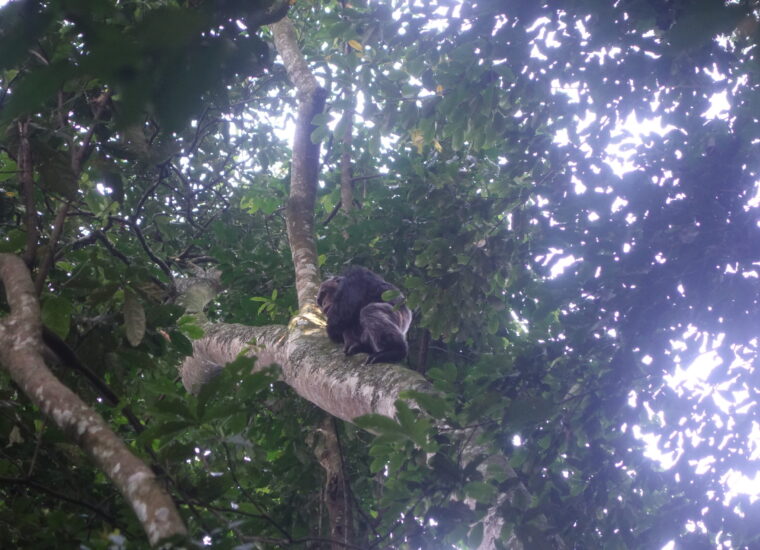
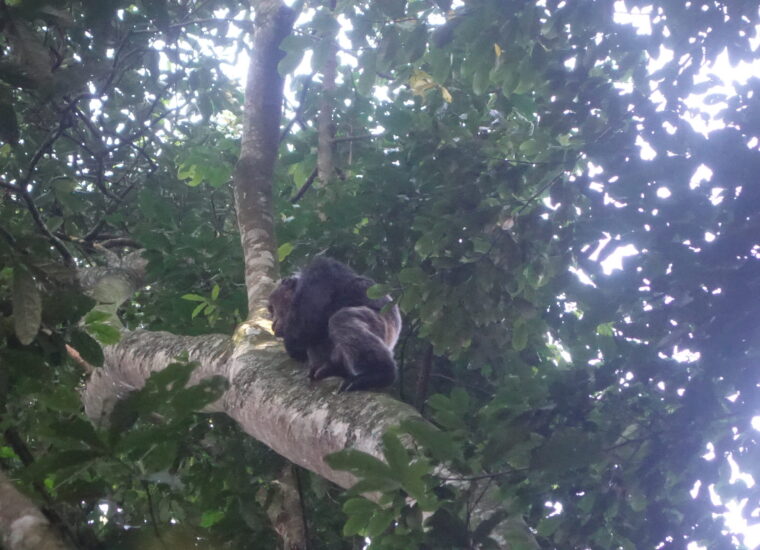
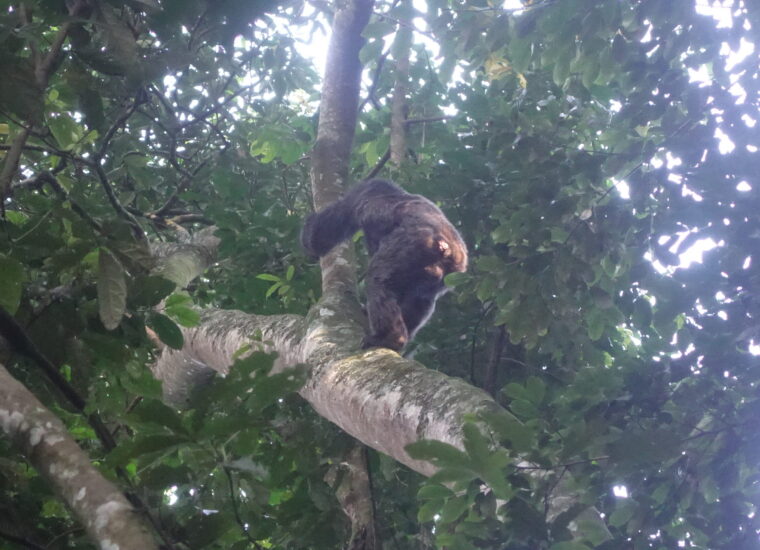

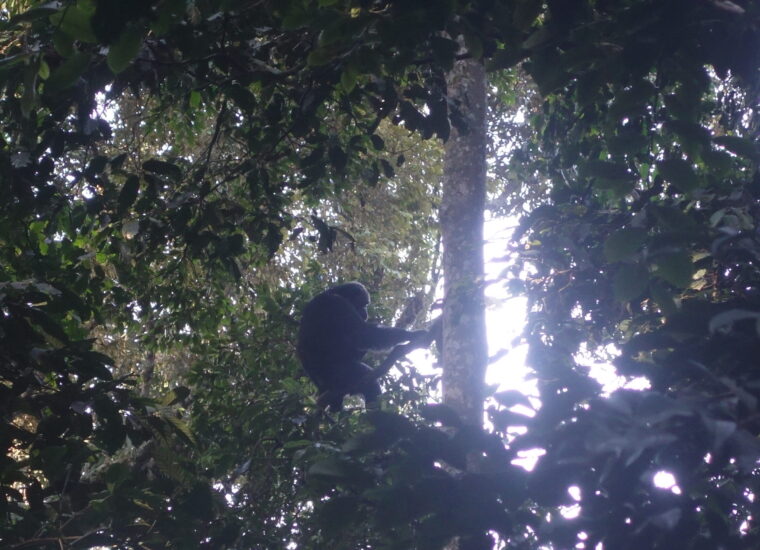

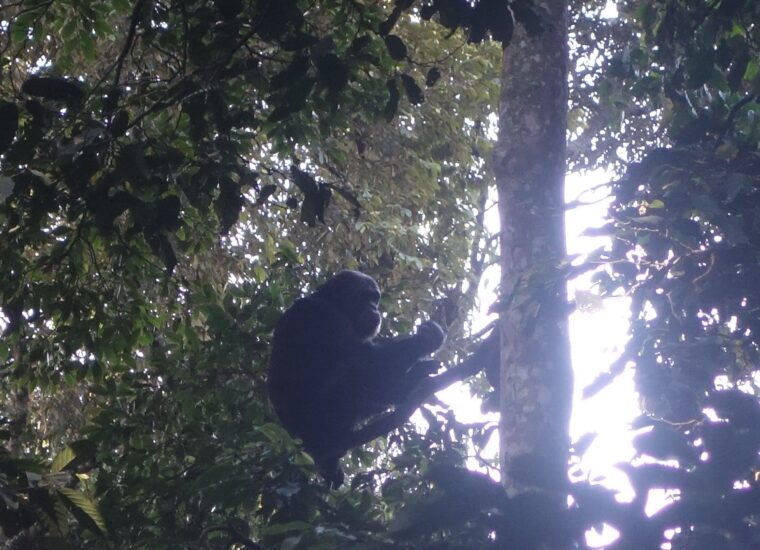
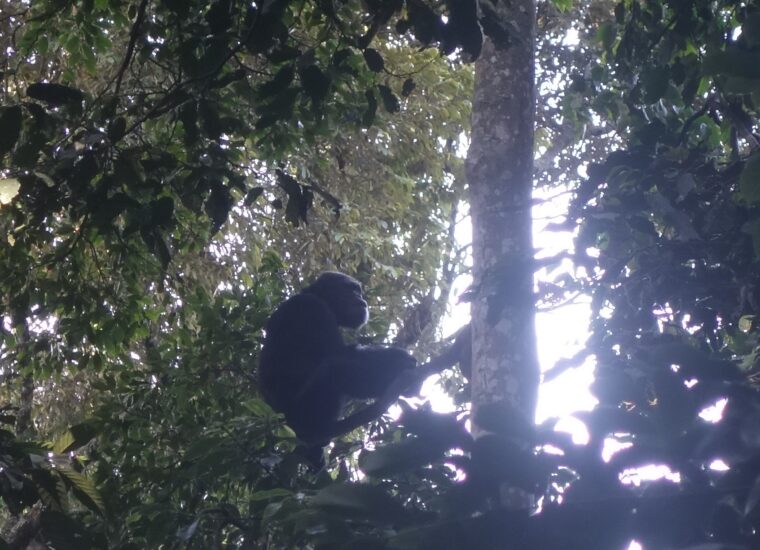


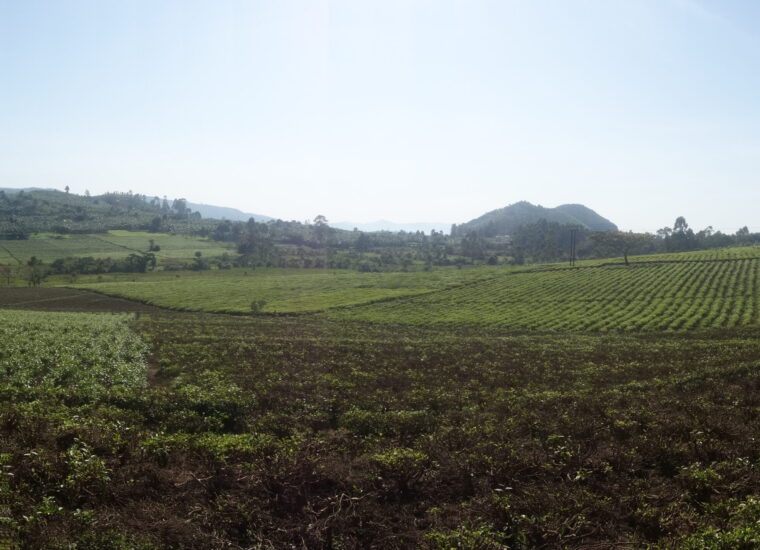
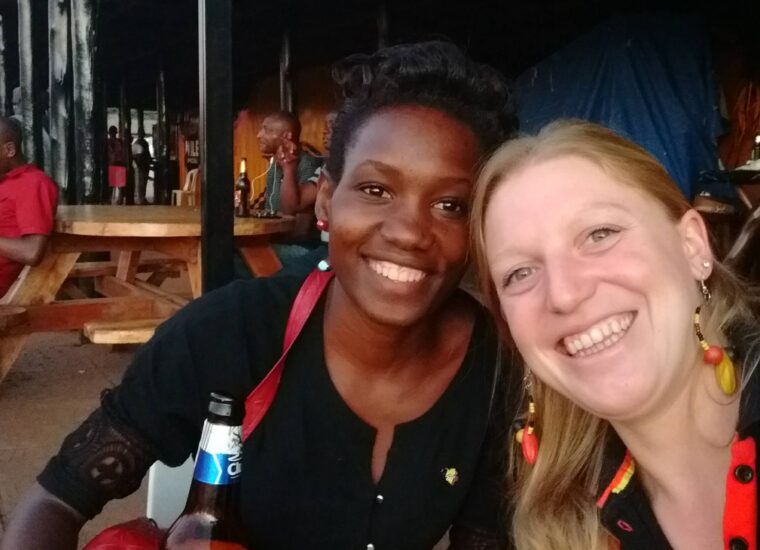





Leave a Reply